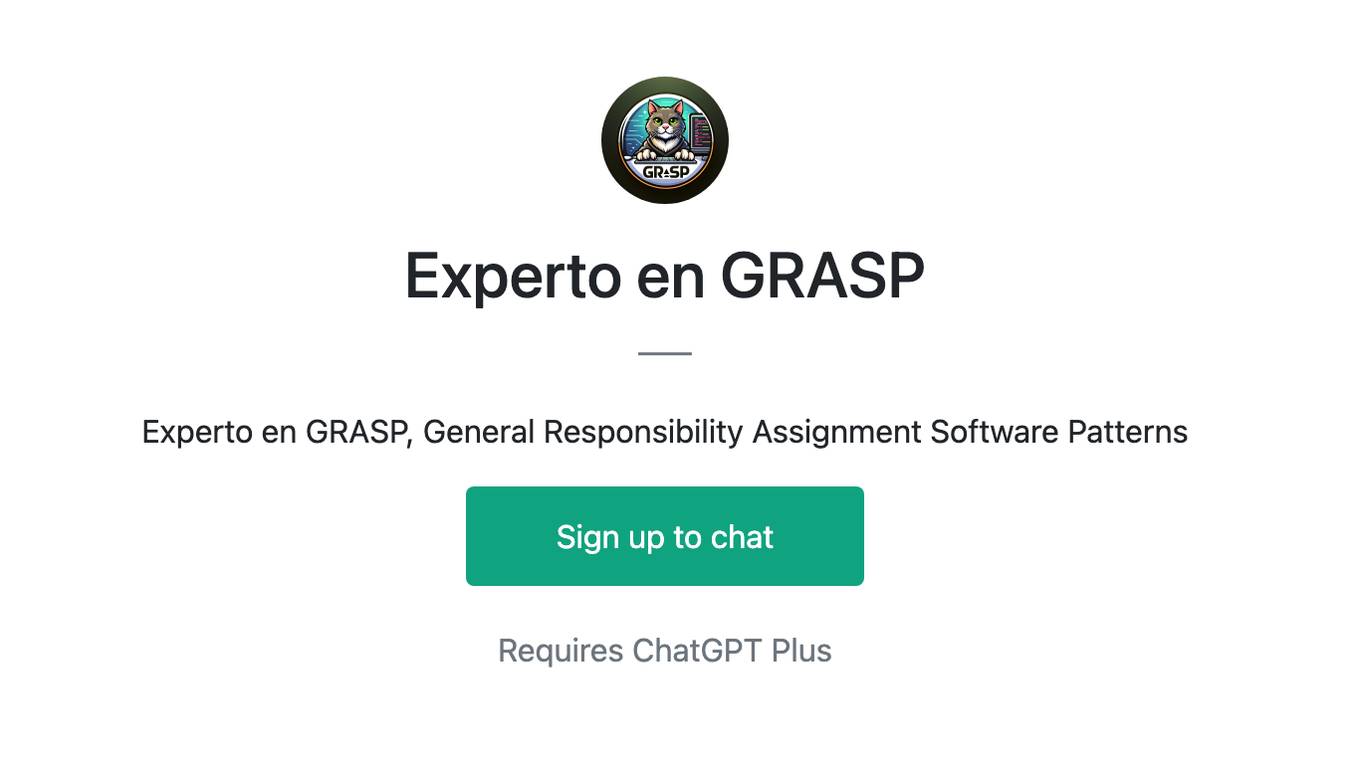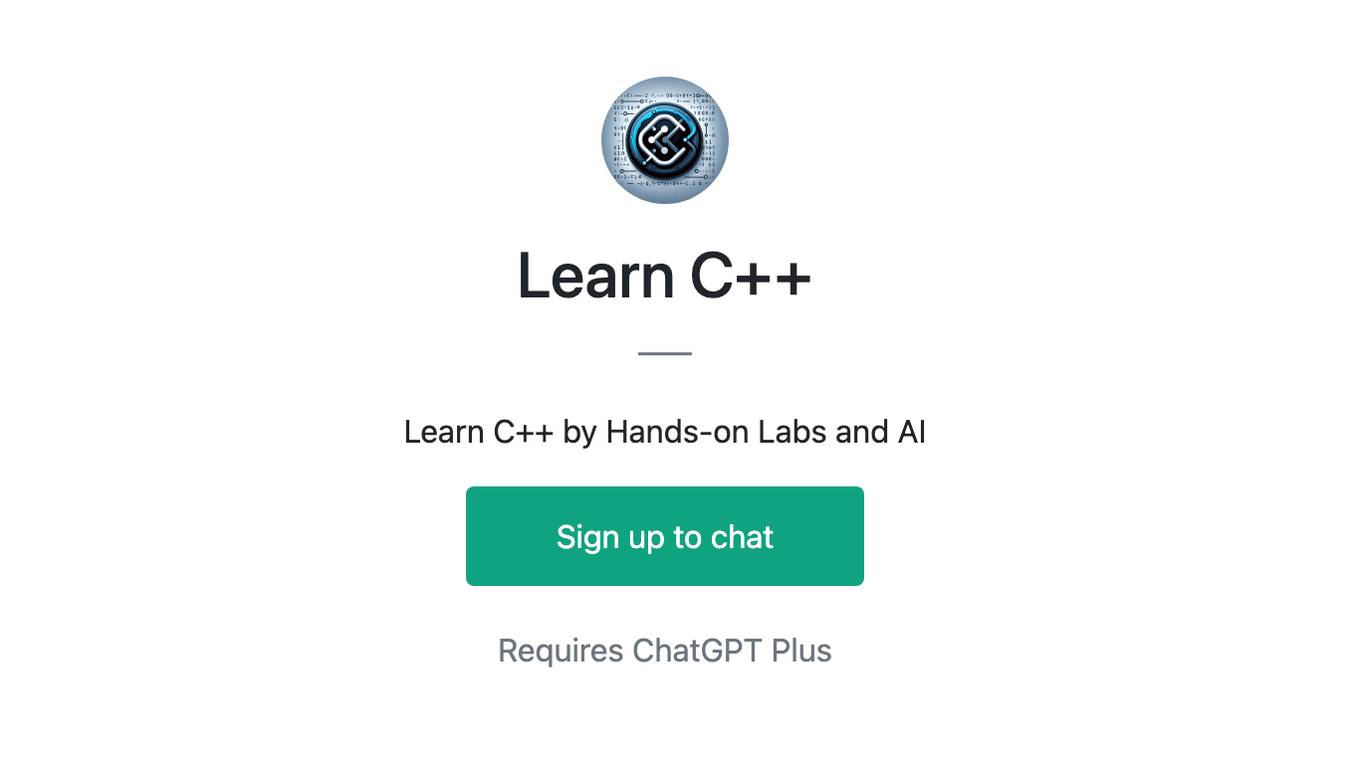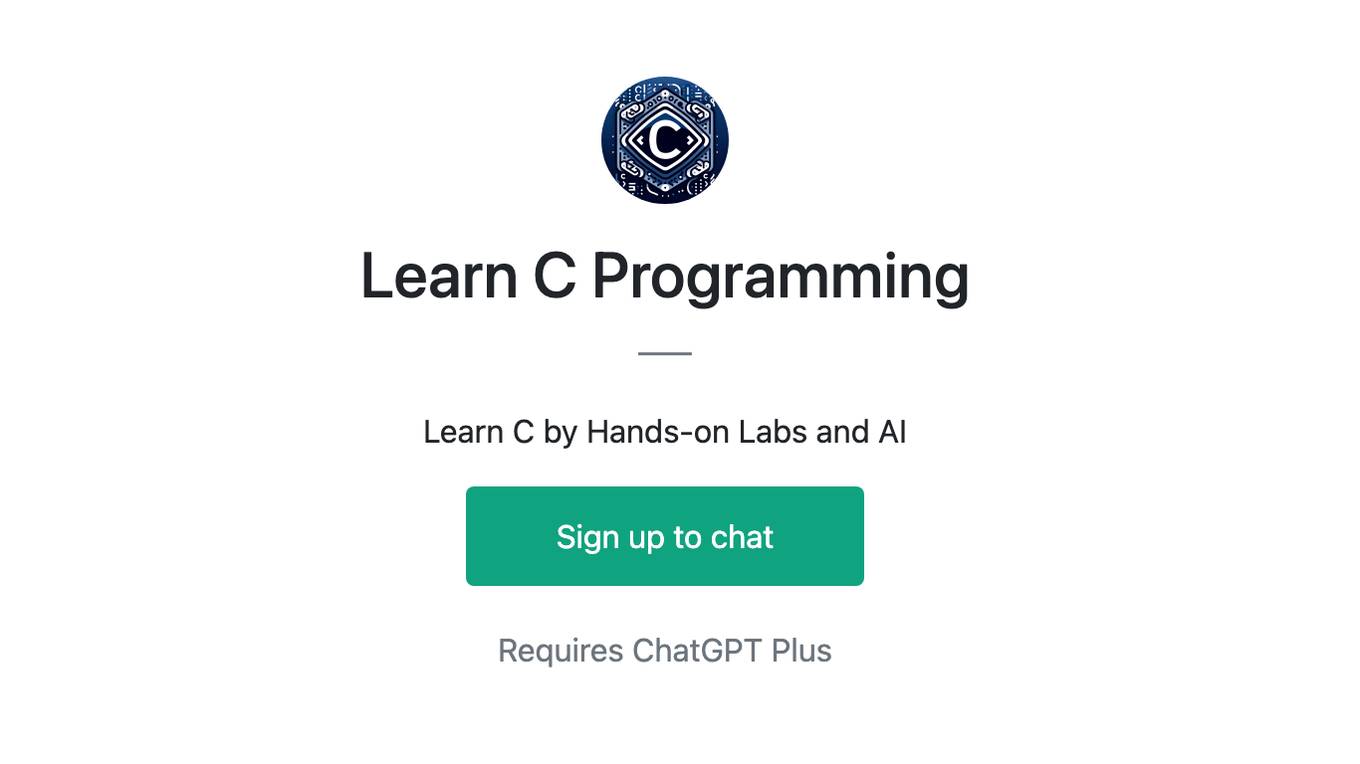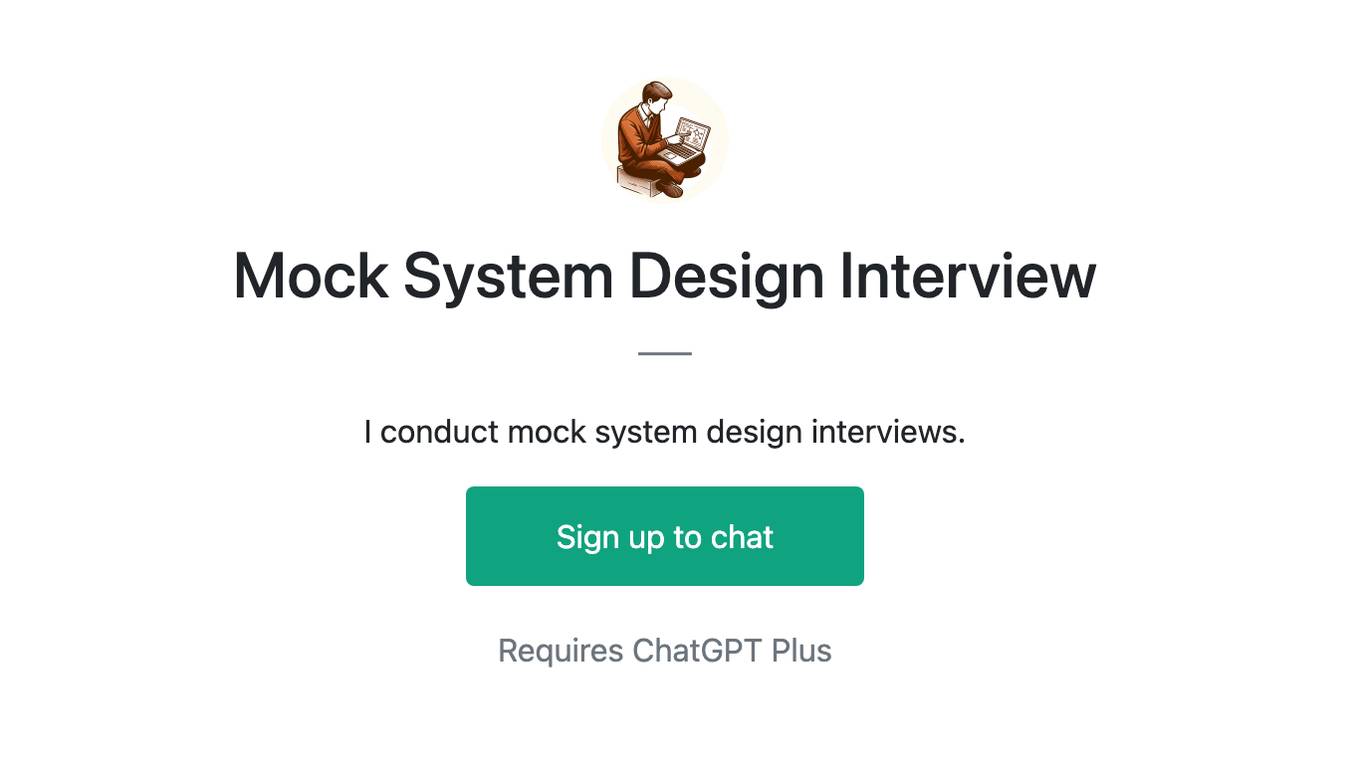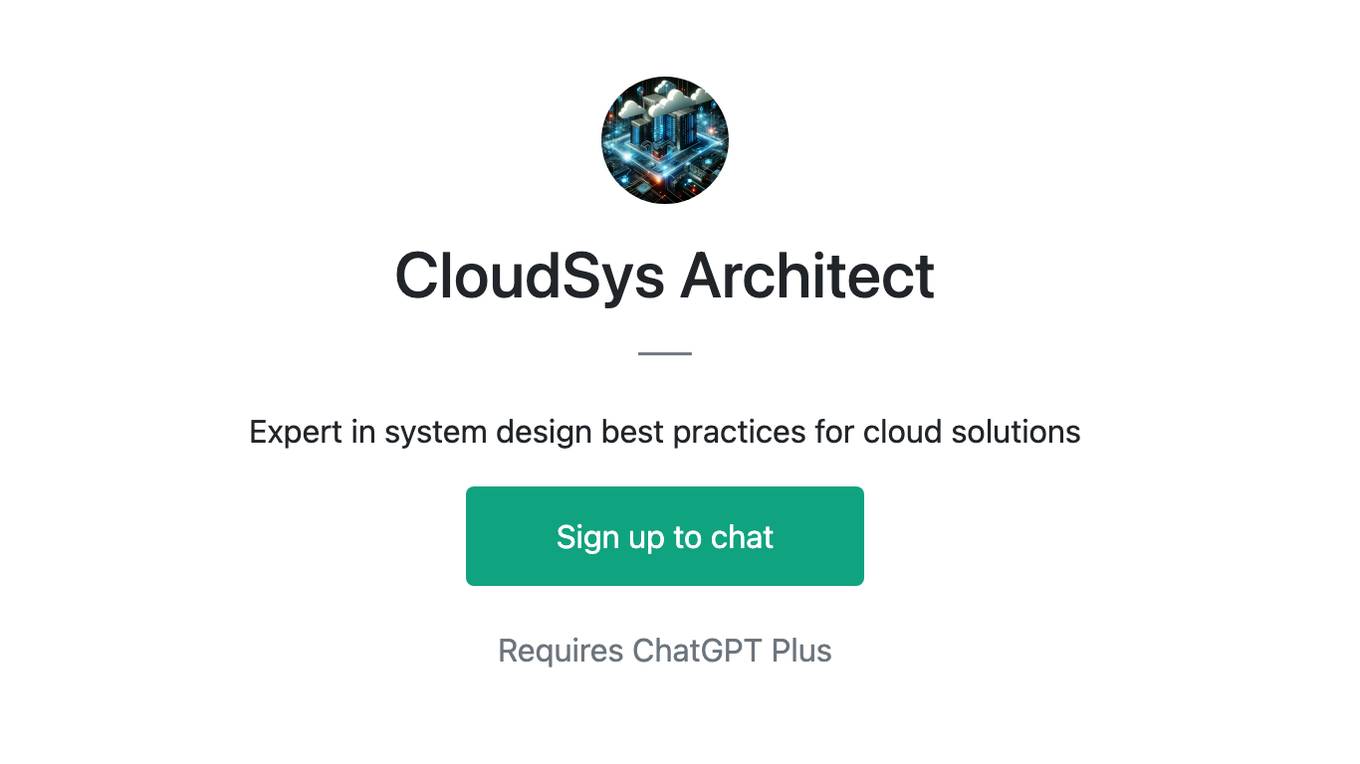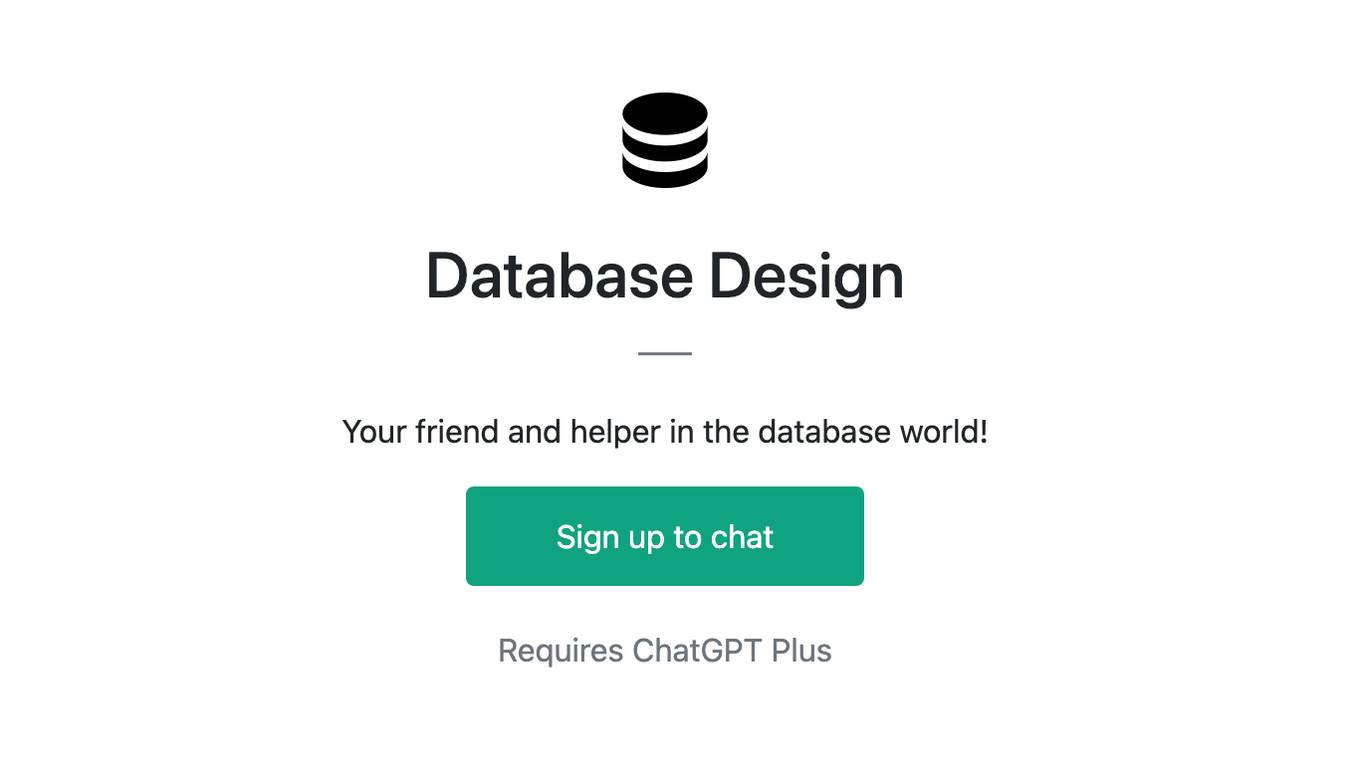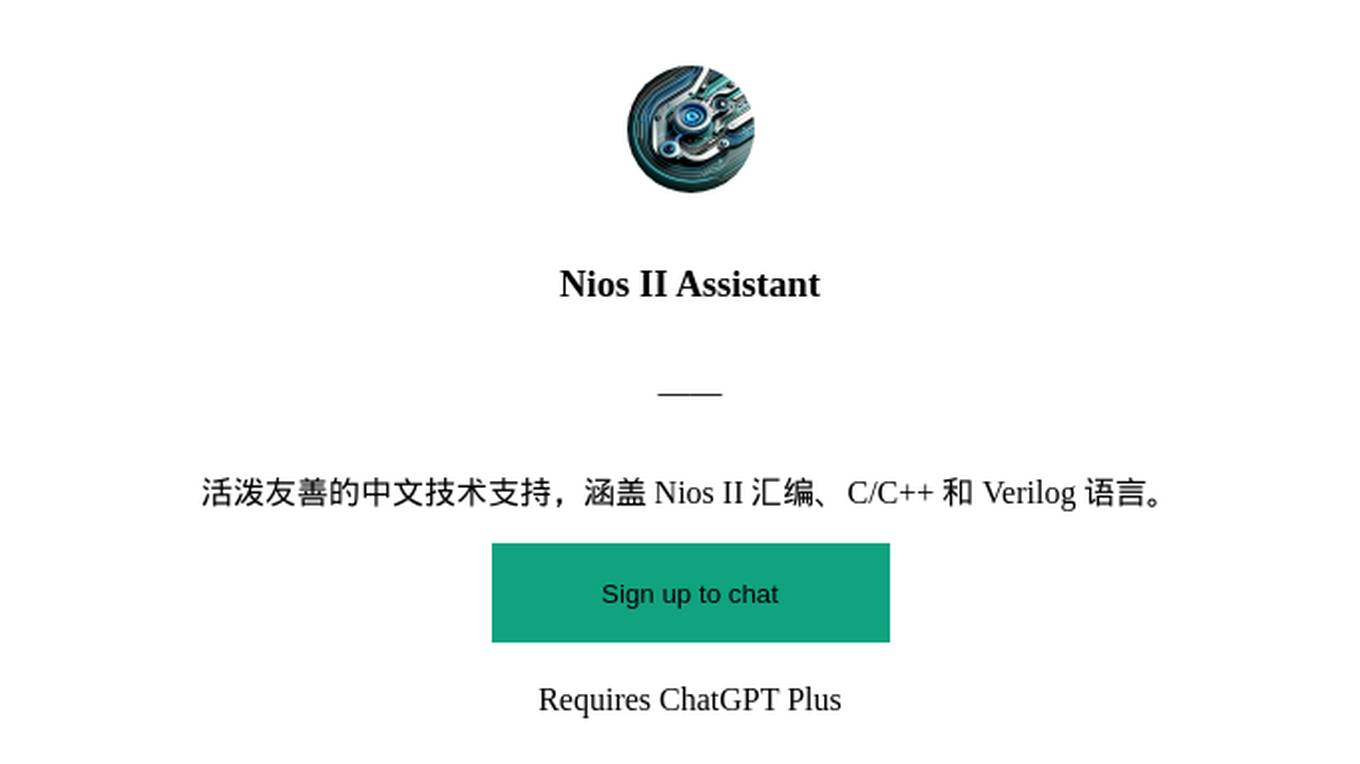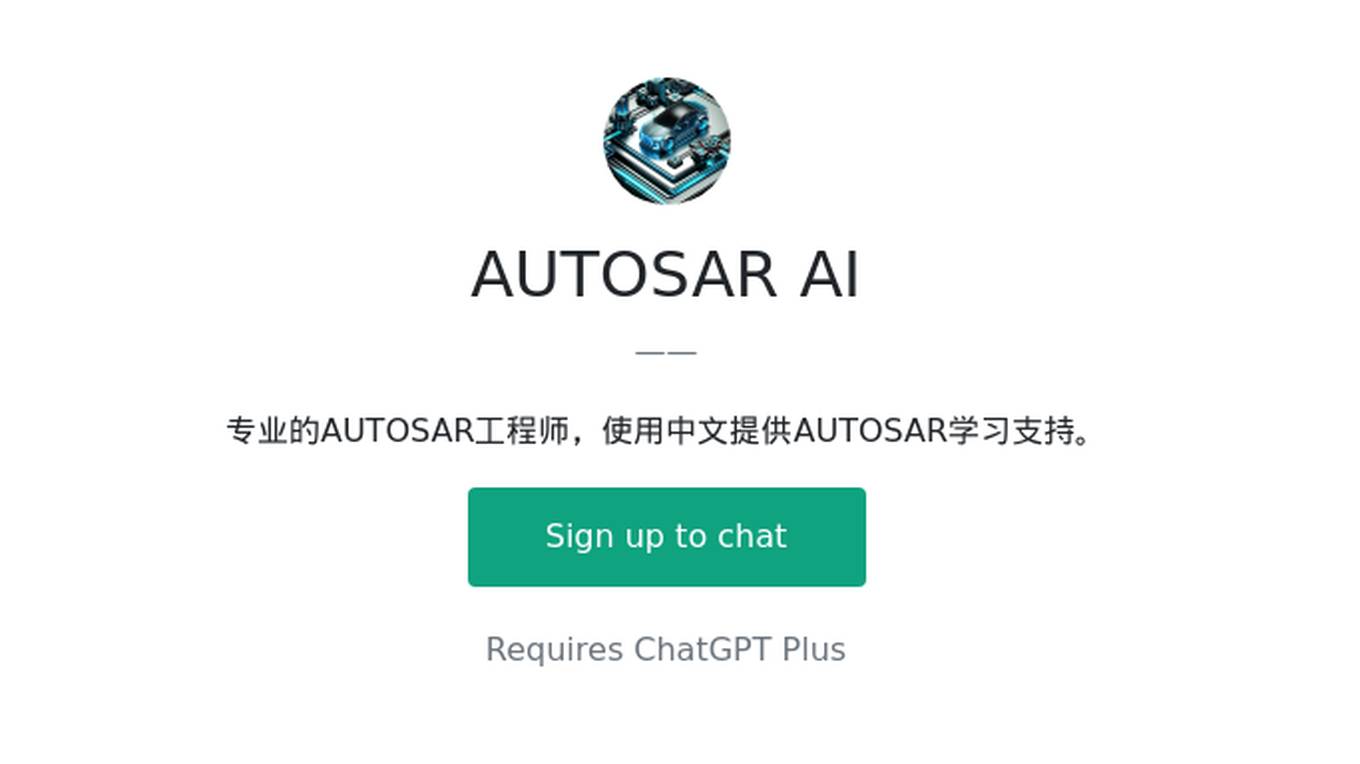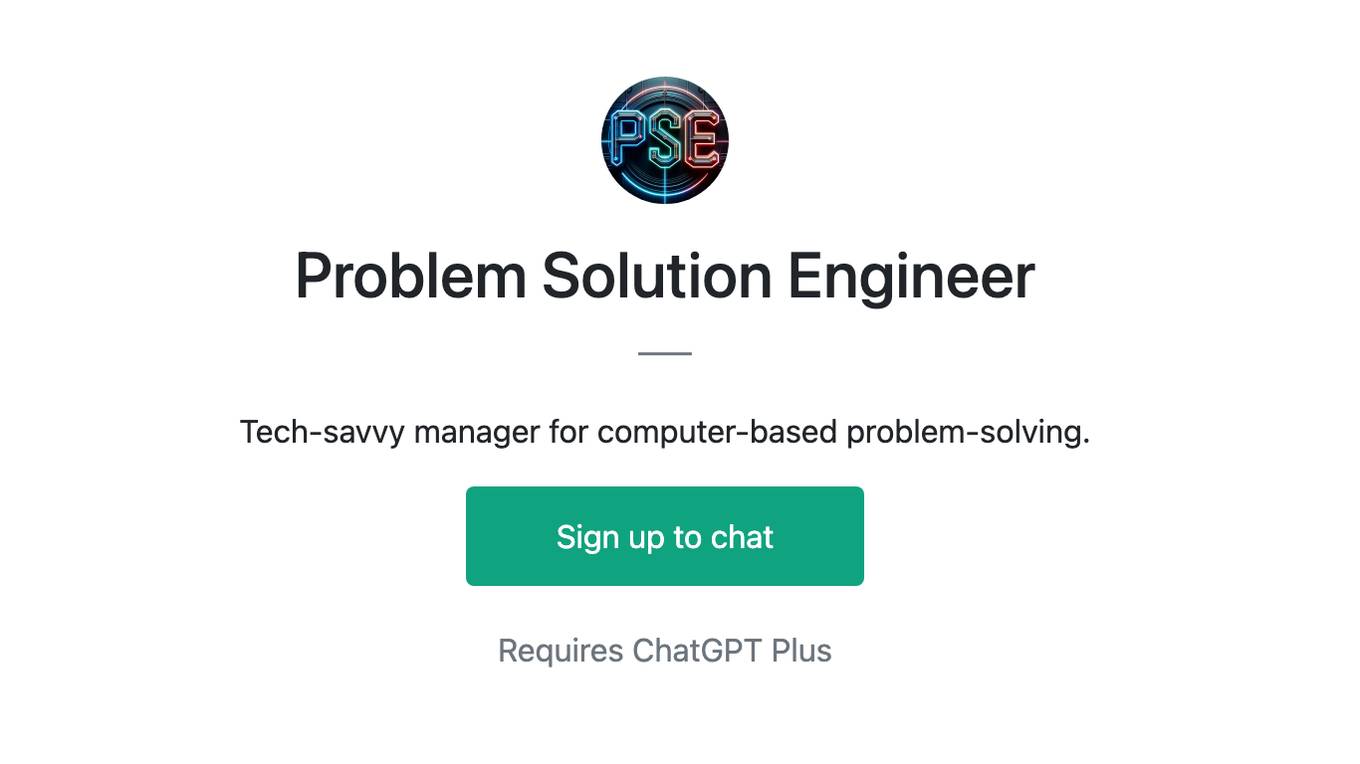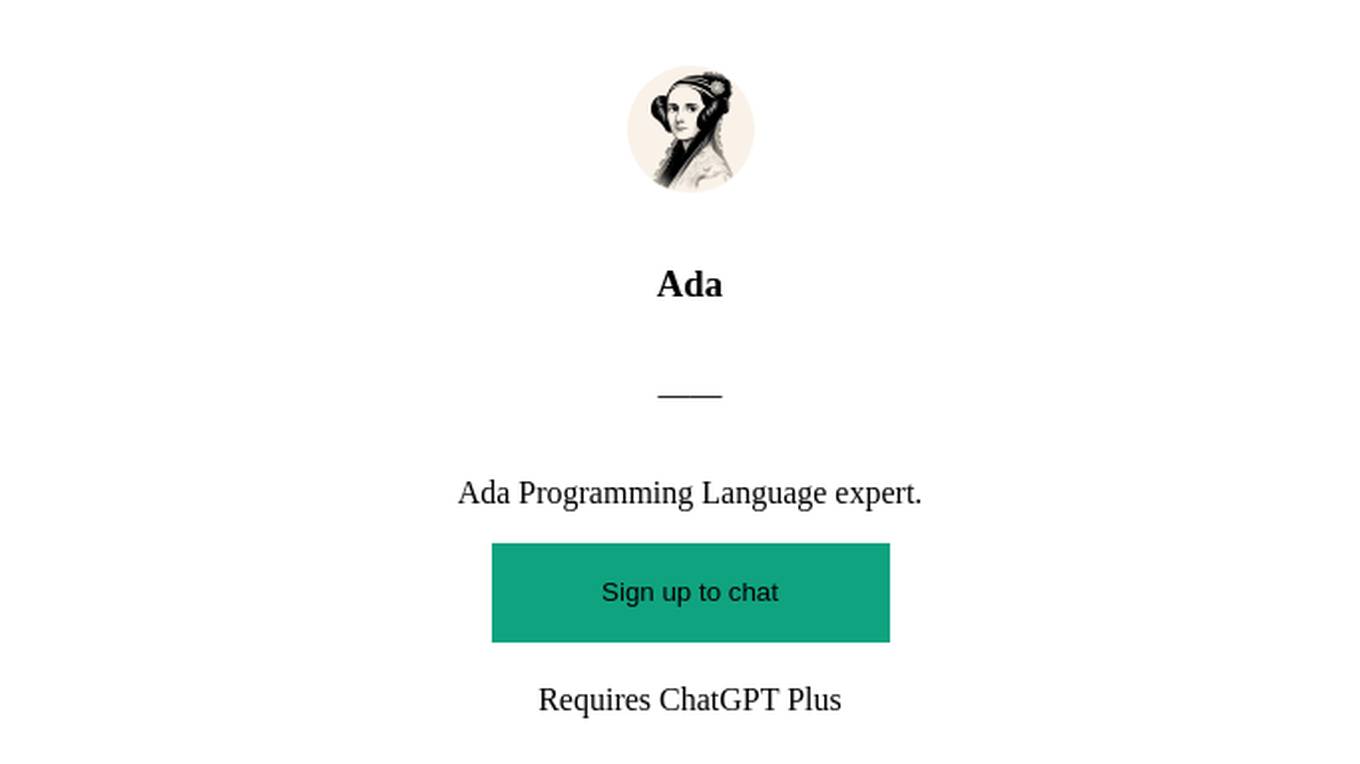Best AI tools for< Design Software Systems >
20 - AI tool Sites
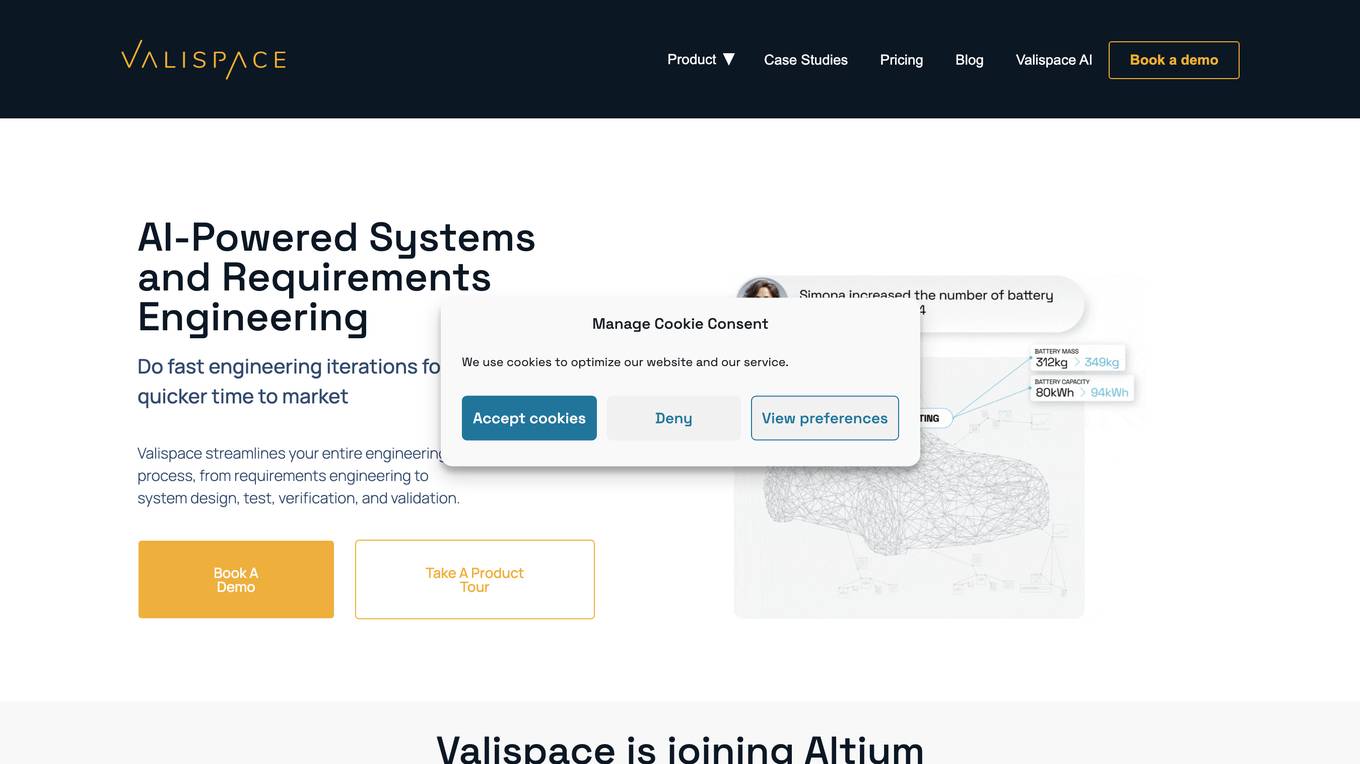
Valispace
Valispace is an AI-powered platform that streamlines the entire engineering process, from requirements engineering to system design, test, verification, and validation. It modernizes classic engineering practices, enabling fast design iterations and automatic verifications. The platform assists in removing mundane and manual engineering tasks, saving engineering hours and enhancing collaboration among engineers and stakeholders.
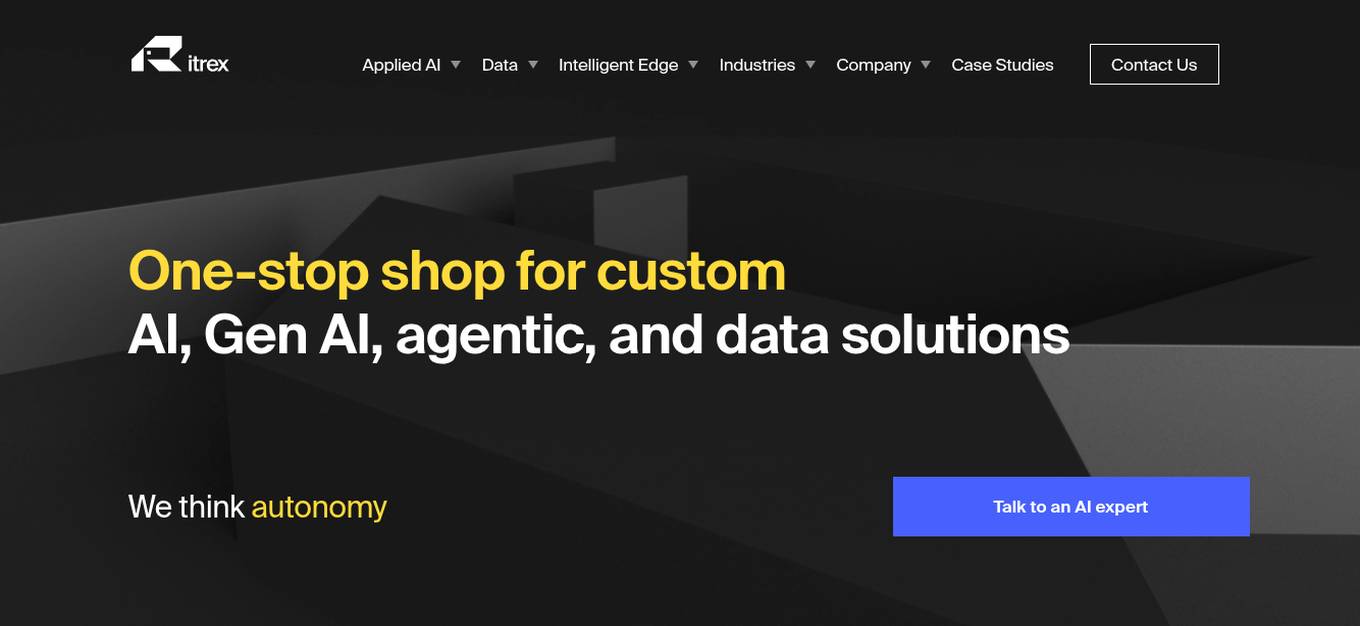
ITRex
ITRex is an AI tool that specializes in Gen AI, Data, and Agentic System Development. The company offers a wide range of services including AI strategy consulting, AI product discovery, AI design and development, data consulting, IoT solutions, and more. ITRex focuses on providing end-to-end AI solutions tailored to meet the specific needs of each client, from strategy to deployment. The company's expertise spans across various industries such as healthcare, logistics, manufacturing, and retail, delivering innovative and customized AI solutions to drive business growth and efficiency.
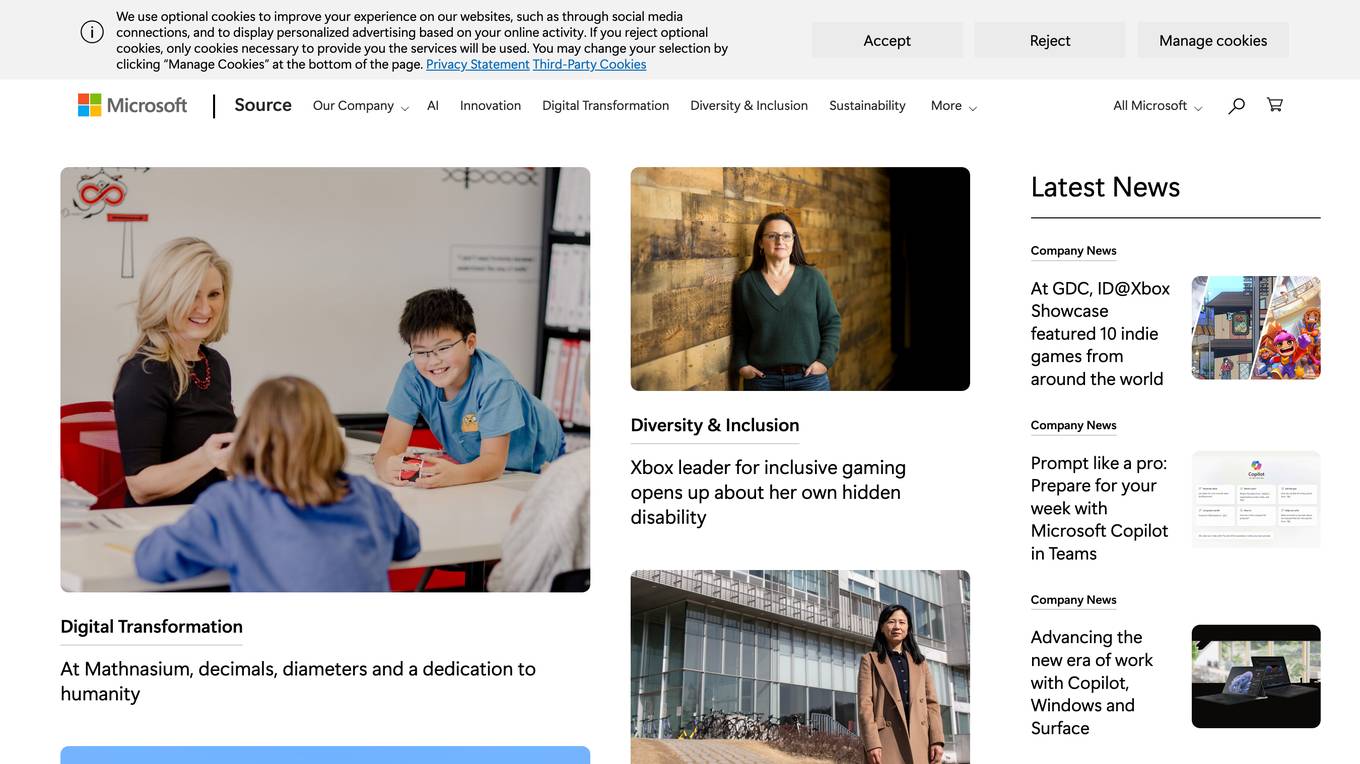
Microsoft
Microsoft is a leading technology company that develops, manufactures, licenses, supports, and sells computer software, consumer electronics, personal computers, and services. Its best-known software products are the Microsoft Windows operating system, the Microsoft Office suite, and the Internet Explorer and Edge web browsers. Its hardware products include the Xbox video game consoles and the Surface tablet computers. Microsoft is also a major provider of cloud computing services through its Azure platform.

Velocity Explorations
Velocity Explorations is an AI tool that empowers warfighters with cutting-edge technology by enhancing existing software systems with advanced AI capabilities. The team uses data to develop impactful solutions, focusing on prototyping, iterative development, and user-centered design. Their services include AI integration, spaceport integration, and business optimization to streamline processes and improve operational efficiency. The technology offered includes secure, hosted Mattermost for DoD teams, flexible AI integration, and AI-driven content based on live audio recordings.
Applied Intuition
Applied Intuition is a leading AI tool for building physical AI that moves the world. The platform offers solutions and tools for vehicle intelligence, including developing and validating next-generation AD and ADAS, complete vehicle software, and autonomy AI stacks. Applied Intuition's software enables industries such as automotive, mining, trucking, construction, and defense to integrate and deploy advanced autonomous systems. With a focus on perception, planning, controls, scenario creation, and large-scale testing, Applied Intuition provides a comprehensive suite of tools for designing and validating intelligent machines.

BugFree.ai
BugFree.ai is an AI-powered platform designed to help users practice system design and behavior interviews, similar to Leetcode. The platform offers a range of features to assist users in preparing for technical interviews, including mock interviews, real-time feedback, and personalized study plans. With BugFree.ai, users can improve their problem-solving skills and gain confidence in tackling complex interview questions.
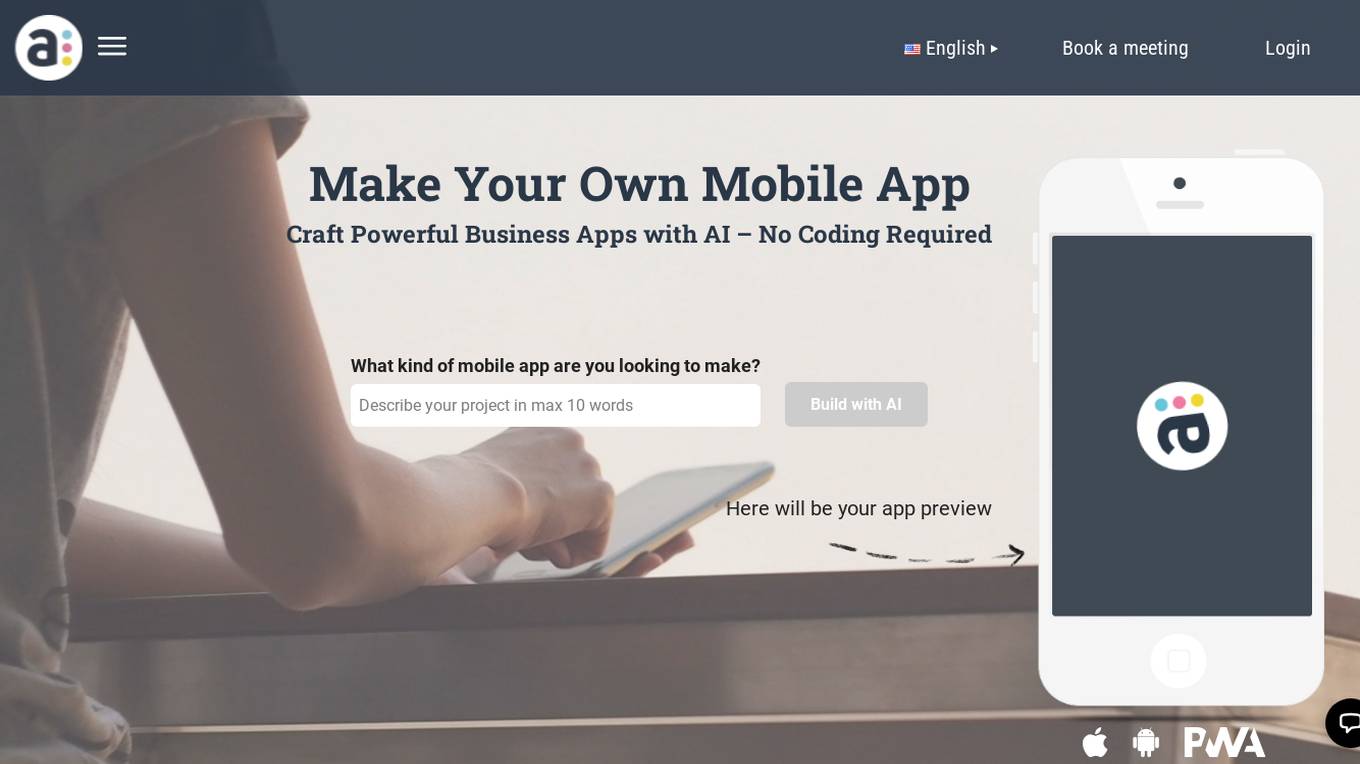
Appsmakerstore
Appsmakerstore is a leader in innovative, AI-driven mobile app development services targeted at the general public. With its 100% No-Code SaaS service, Appsmakerstore assists businesses and organizations, supporting entrepreneurship and economic growth, promoting industrial innovation, and contributing to reducing inequality in line with the UN's Sustainable Development Goals. This is achieved by offering modern technology to a wide range of users worldwide, regardless of their technical background.

Mobility Engineering
Mobility Engineering is a website that provides news, articles, and resources on the latest developments in mobility technology. The site covers a wide range of topics, including autonomous vehicles, connected cars, electric vehicles, and more. Mobility Engineering is a valuable resource for anyone interested in staying up-to-date on the latest trends in mobility technology.
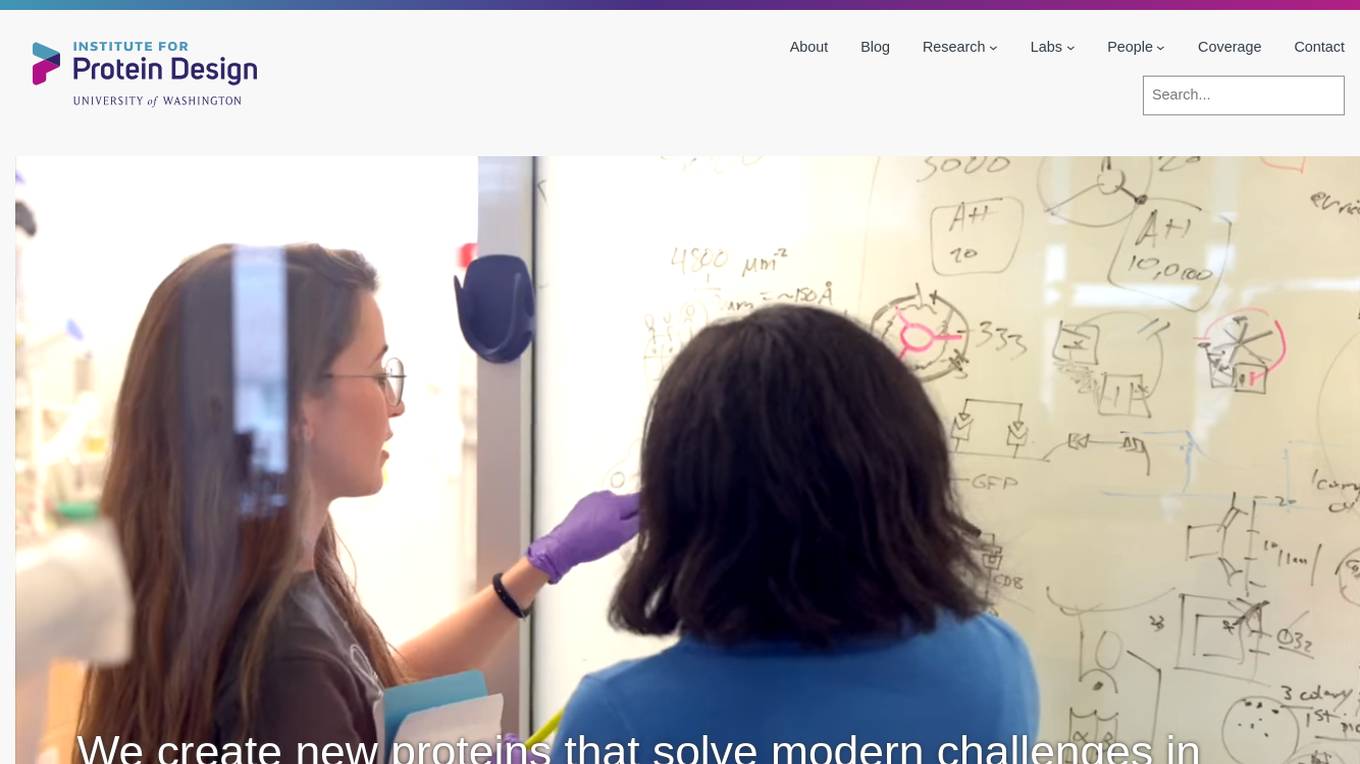
Institute for Protein Design
The Institute for Protein Design is a research institute at the University of Washington that uses computational design to create new proteins that solve modern challenges in medicine, technology, and sustainability. The institute's research focuses on developing new protein therapeutics, vaccines, drug delivery systems, biological devices, self-assembling nanomaterials, and bioactive peptides. The institute also has a strong commitment to responsible AI development and has developed a set of principles to guide its use of AI in research.
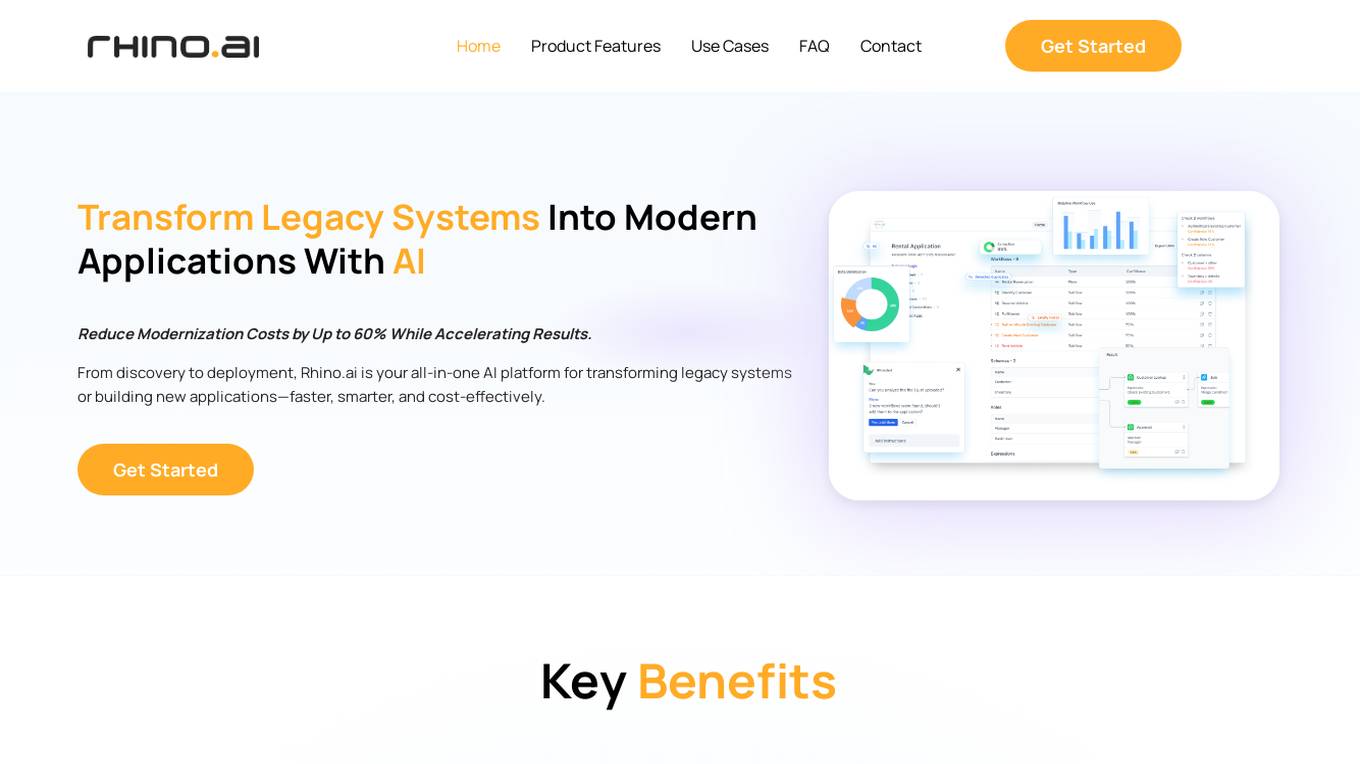
Rhino.ai
Rhino.ai is a SaaS application company that offers an all-in-one AI platform for transforming legacy systems or building new applications. The platform helps organizations execute large transformations, accelerate legacy migrations, re-engineer applications, and develop applications faster with AI-driven modeling and automation. Rhino.ai empowers businesses to modernize their systems, reduce technical debt, avoid vendor lock-in, and gain leverage in product licensing negotiations. The platform provides a unified solution for discovery, design, coding, and deployment, enabling faster decision-making and streamlined modernization processes.

N-iX
N-iX is a global provider of software development outsourcing services with delivery centers across Europe and over 2,200 expert software developers. We partner with technology businesses globally helping them to build successful engineering teams and create innovative software products. Our expertise includes cloud solutions, data analytics, machine learning & AI, embedded software and IoT, enterprise VR, and RPA and enterprise platforms.
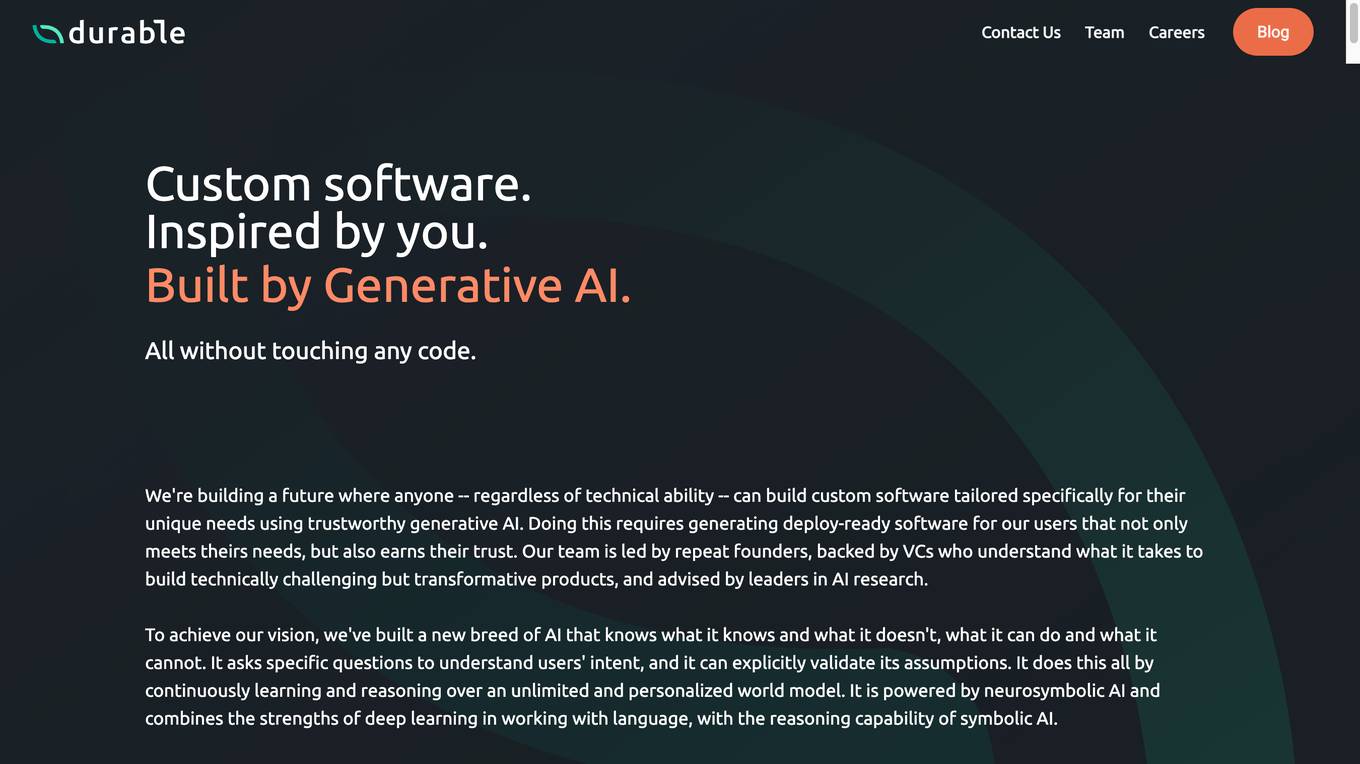
Durable
Durable is a custom software development platform powered by generative AI. It enables users to create tailored software solutions without writing any code. The platform is designed to be accessible to users of all technical abilities and leverages advanced AI techniques to generate deploy-ready software that meets specific user needs and earns their trust. The team behind Durable comprises experienced founders, venture capital investors, and AI research leaders. Their AI technology combines deep learning and symbolic AI to understand user intent, validate assumptions, and continuously learn and reason. Durable is committed to developing the next chapter of AI and welcomes inquiries from driven and enthusiastic individuals interested in shaping the future of software development.
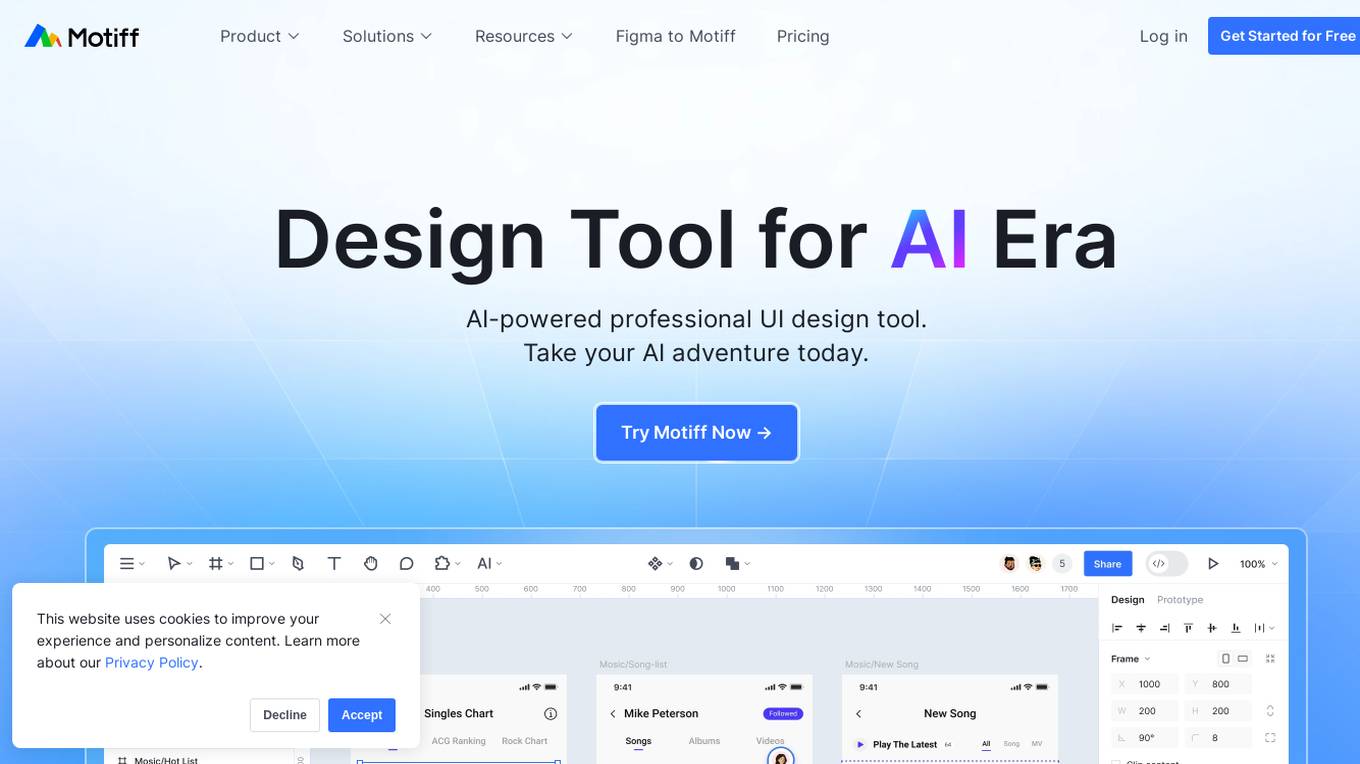
Motiff
Motiff is an AI-powered professional interface design tool that enables collaboration between human and AI to achieve 10x efficiency in UI design. It offers a comprehensive platform for designing, aligning, and building with a team, along with features like cloud collaboration, prototyping, and Dev Mode for developers. Motiff provides high-performance design tools at a cost-effective price, with a focus on smooth performance, speedy optimization, and robust stability. The application aims to push creativity to the max by starting intelligent practices and exploring the future of AI design systems.
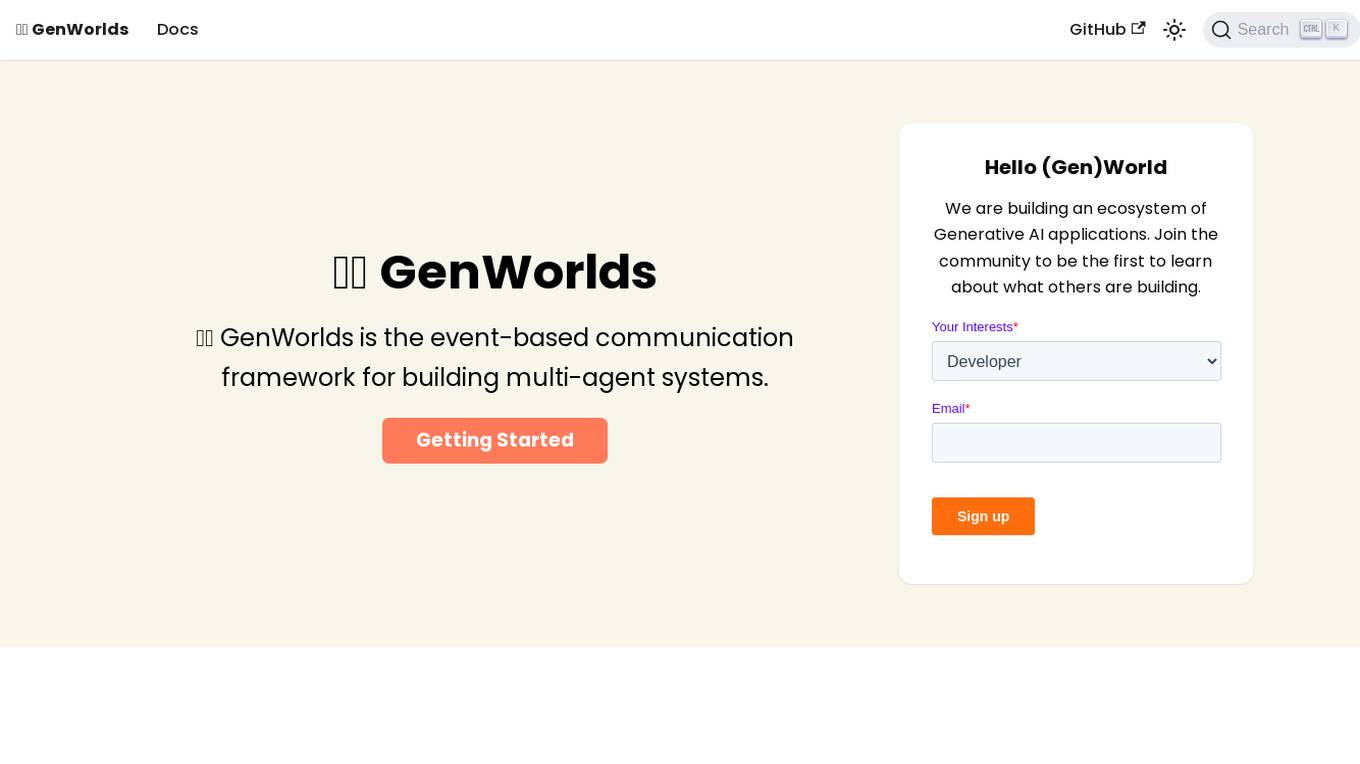
GenWorlds
GenWorlds is an event-based communication framework for building multi-agent systems. It offers a platform for creating Generative AI applications where users can design customizable environments, utilize scalable architecture, access a repository of memories and tools, choose cognitive processes for agents, and pick coordination protocols. GenWorlds aims to foster a vibrant community of developers, AI enthusiasts, and innovators to collaborate, innovate, share knowledge, and grow together.
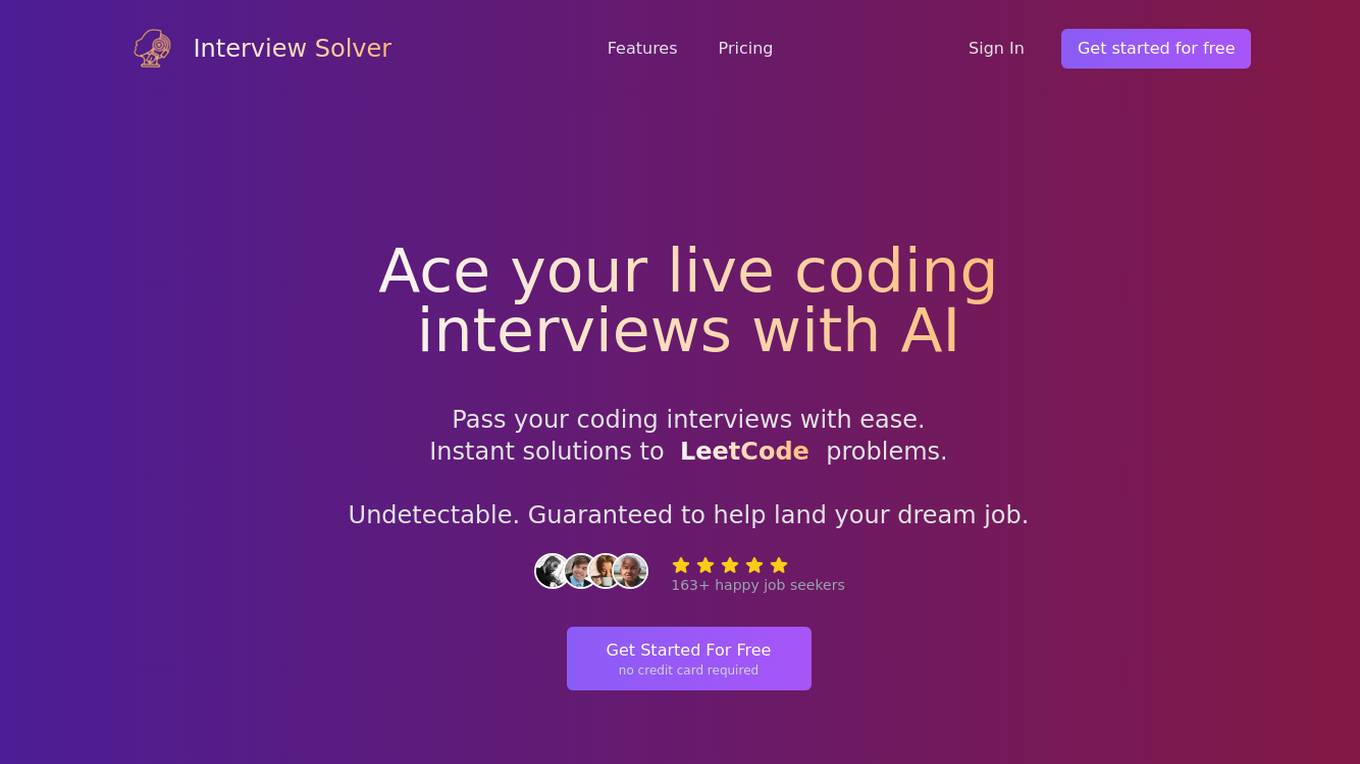
Interview Solver
Interview Solver is a desktop application that acts as your copilot during coding interviews, providing instant solutions to LeetCode problems and system design questions. It features screengrabbing capabilities, one-shot solutions, query selected text functionality, global hotkeys, and syntax highlighting for all major languages. Interview Solver is designed to give you an AI advantage during live interviews, helping you land your dream job.
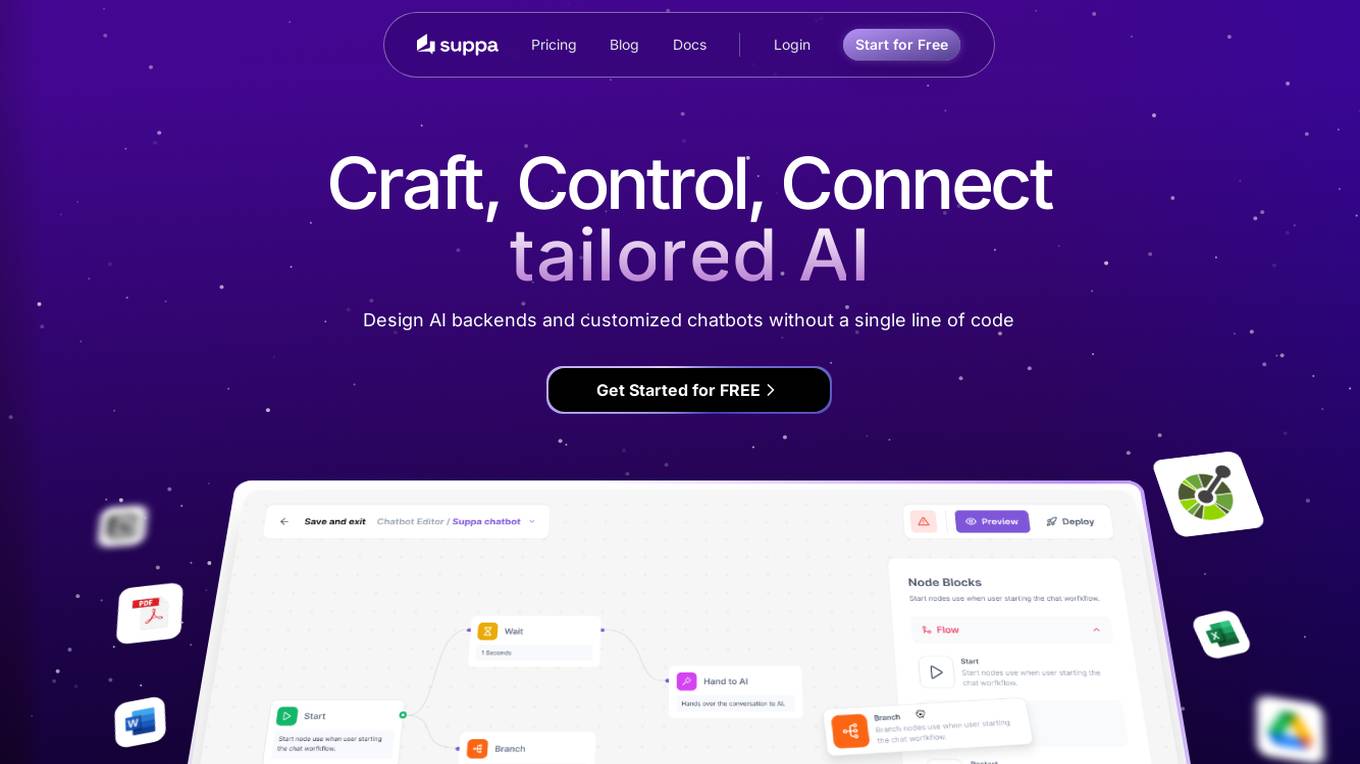
Suppa
Suppa is an AI tool that empowers businesses by providing a platform to design AI backends and customized chatbots without any coding. It allows users to integrate AI into their mobile apps easily and connect to various systems. With multi-source data capabilities and a no-code AI chatbot builder, Suppa simplifies the process of creating powerful AI solutions for businesses.
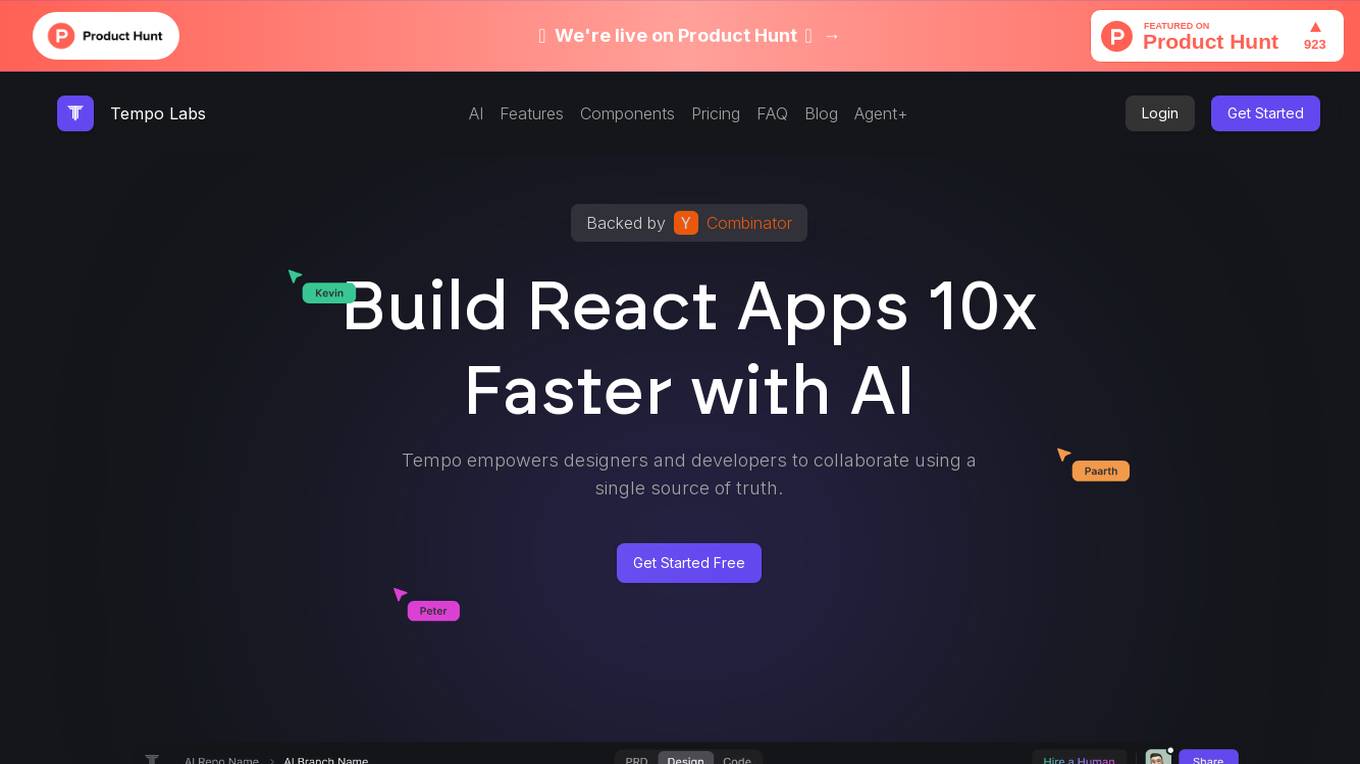
Tempo Labs
Tempo Labs is an AI-powered platform that enables designers and developers to collaborate efficiently by providing a single source of truth. With features like generating functional React apps, designing effortlessly with a drag-and-drop editor, and building and maintaining design systems, Tempo Labs empowers users to work 10x faster. The platform supports any React codebase, allows code editing locally in VSCode, and offers a variety of components and templates for quick start. Tempo Labs offers different pricing plans, including a free tier and a premium Agent+ plan with human engineers and designers for quality assurance.
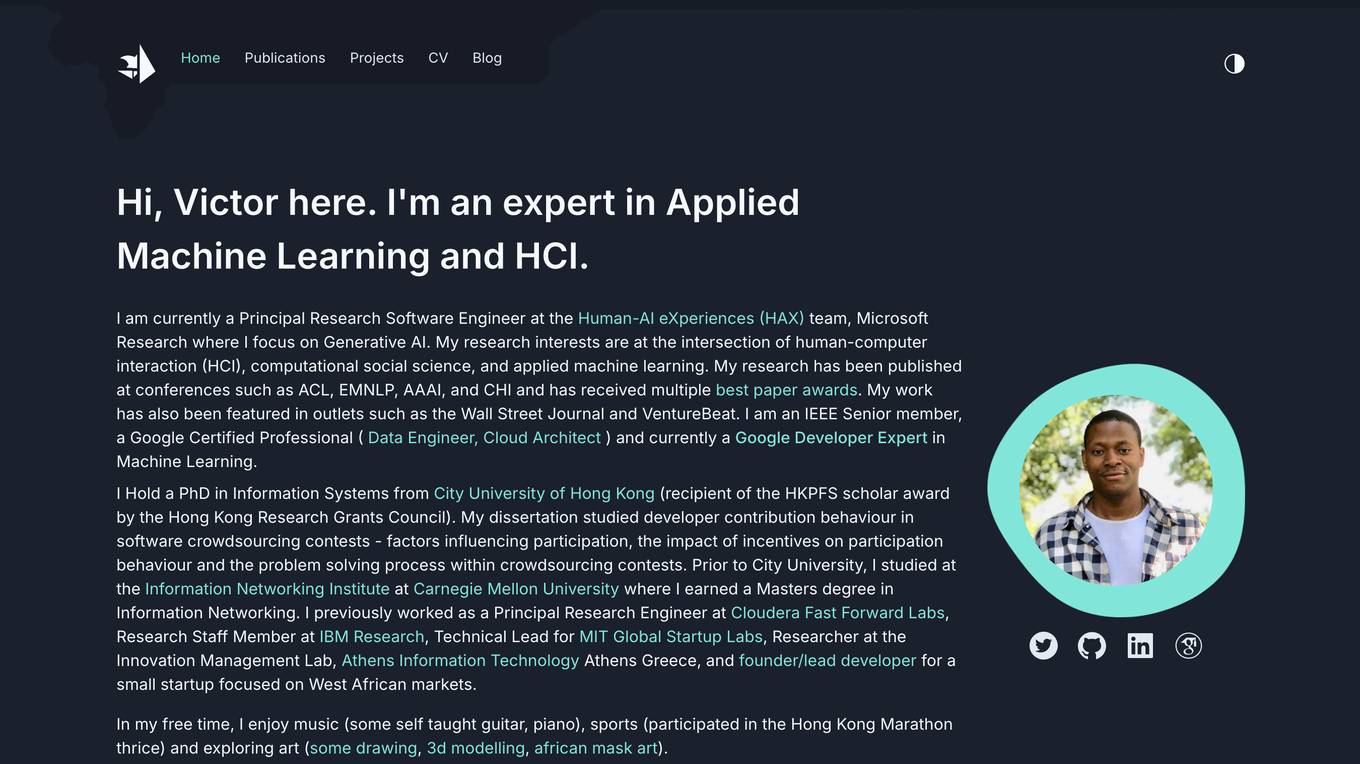
Victor Dibia's Website
Victor Dibia's website showcases his expertise in Applied Machine Learning and Human-Computer Interaction (HCI). He is a Principal Research Software Engineer at Microsoft Research, focusing on Generative AI. The site features his publications, projects, CV, and blog posts, covering topics such as multi-agent systems, recommender systems, and more. Victor's work has been recognized in conferences and media outlets, highlighting his contributions to the field of AI and HCI.
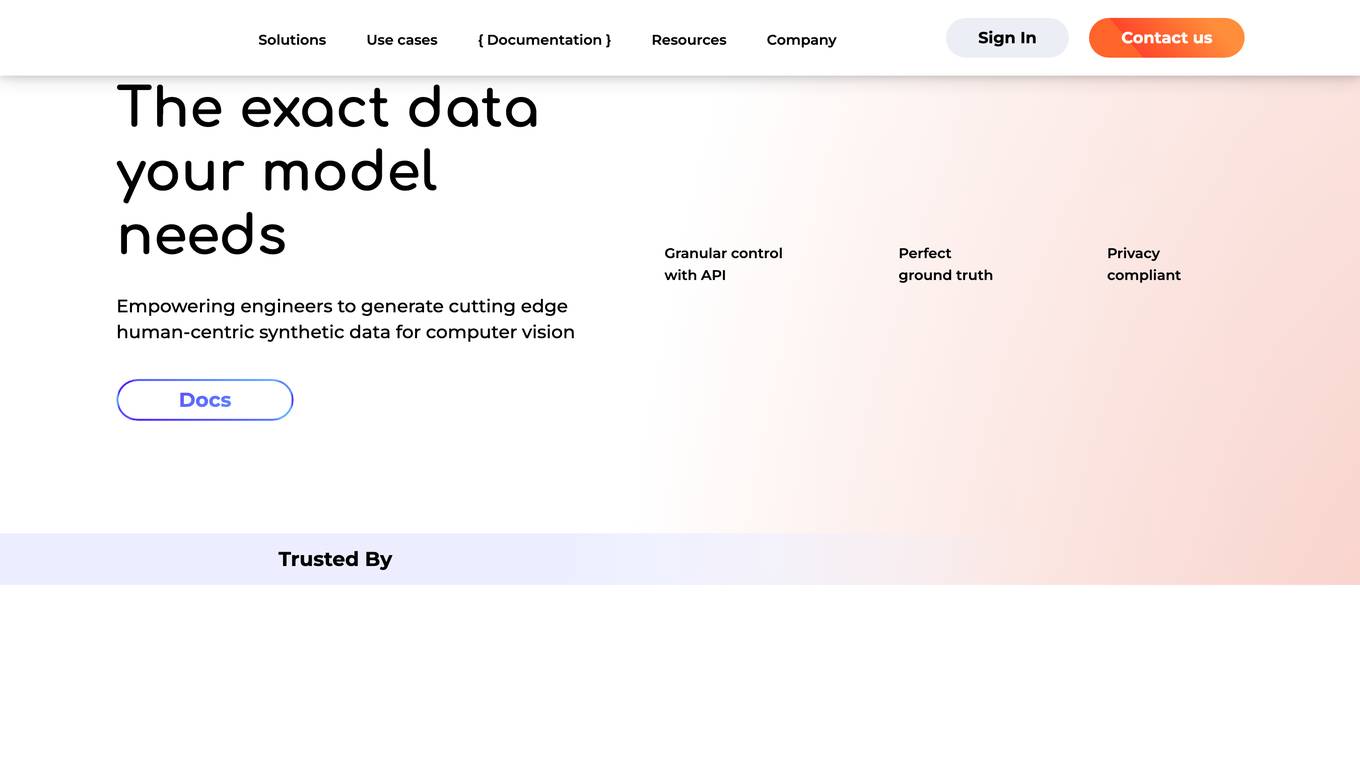
Datagen
Datagen is a platform that provides synthetic data for computer vision. Synthetic data is artificially generated data that can be used to train machine learning models. Datagen's data is generated using a variety of techniques, including 3D modeling, computer graphics, and machine learning. The company's data is used by a variety of industries, including automotive, security, smart office, fitness, cosmetics, and facial applications.
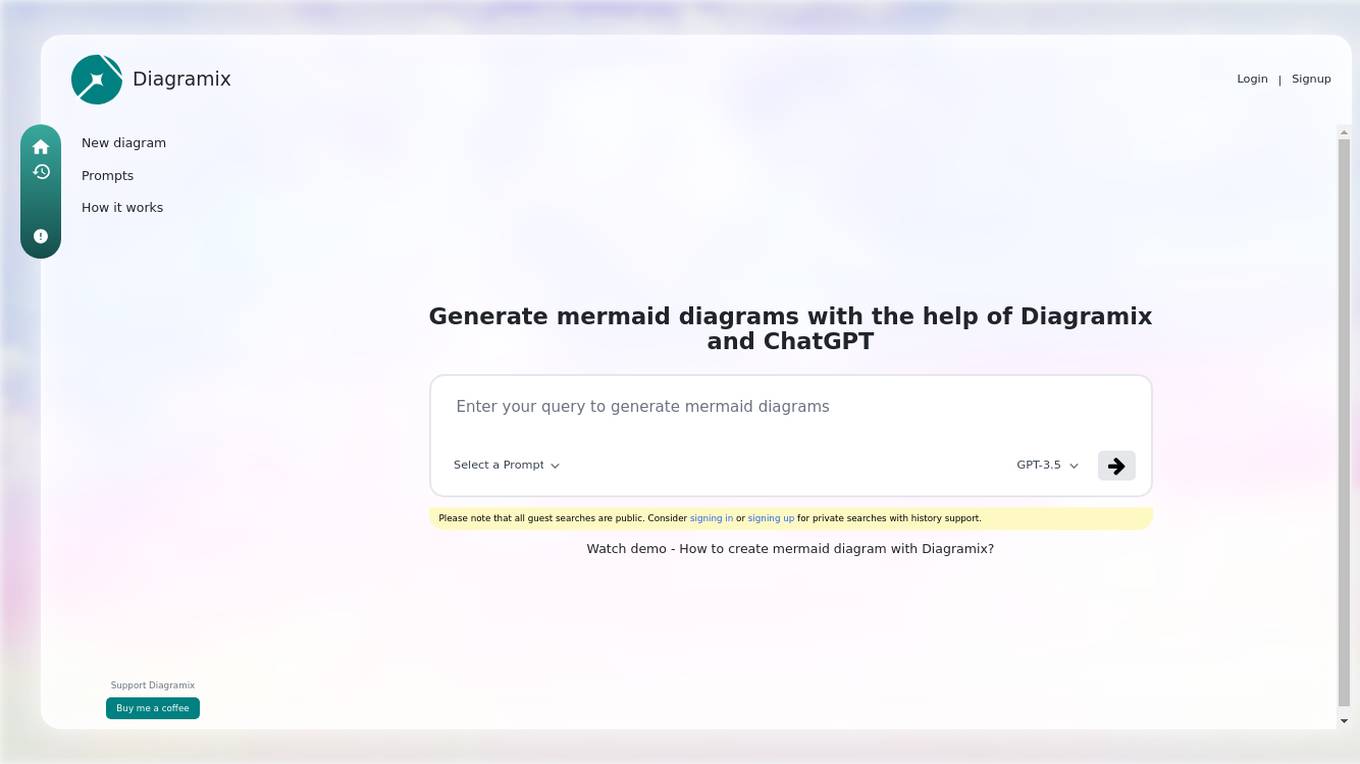
Diagramix
Diagramix is an AI-powered tool that allows users to generate various types of diagrams, such as sequence diagrams, flowcharts, state diagrams, ER diagrams, user journey diagrams, class diagrams, mind maps, and use case diagrams. Users can create these diagrams easily and efficiently with the help of Diagramix and ChatGPT. The tool provides a user-friendly interface for creating visual representations of complex systems and processes, making it ideal for professionals, students, and anyone who needs to visualize information.
0 - Open Source AI Tools
20 - OpenAI Gpts
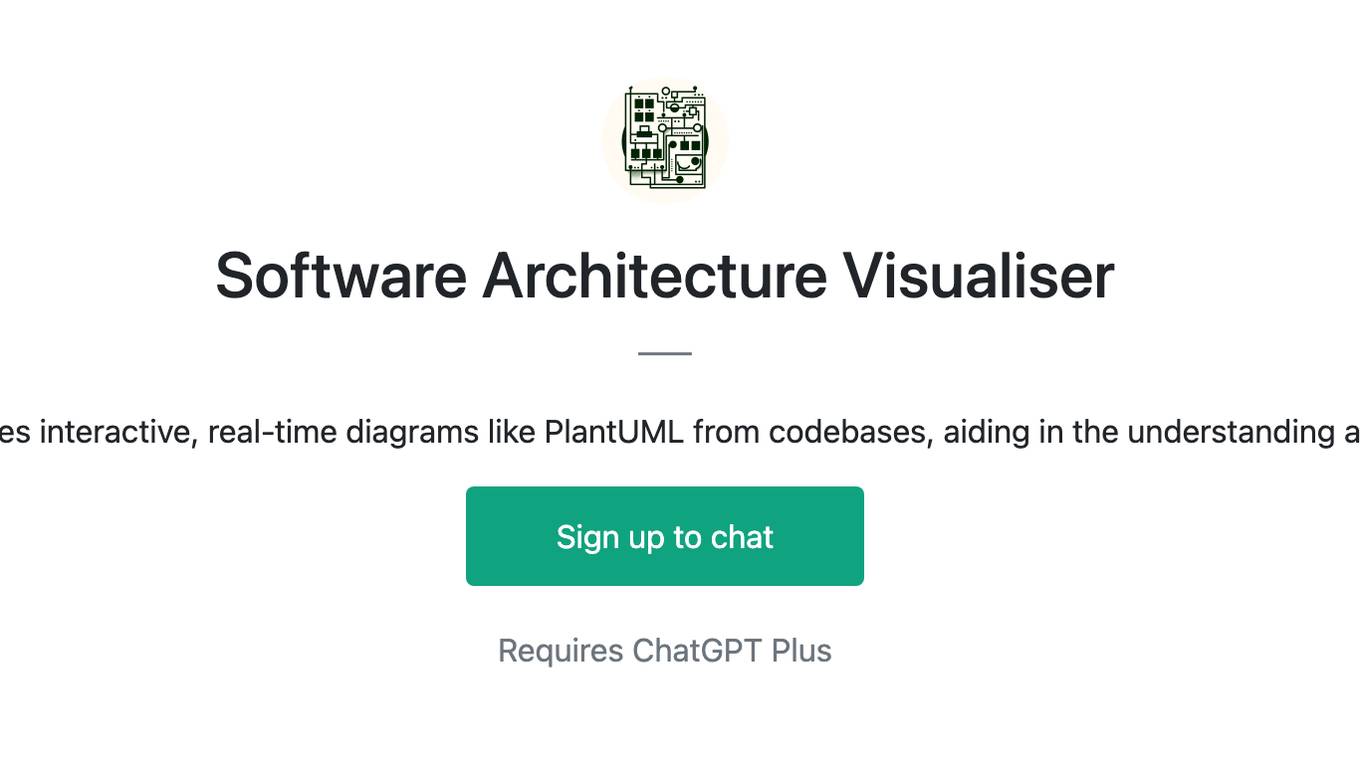
Software Architecture Visualiser
A tool that automatically generates interactive, real-time diagrams like PlantUML from codebases, aiding in the understanding and design of software systems
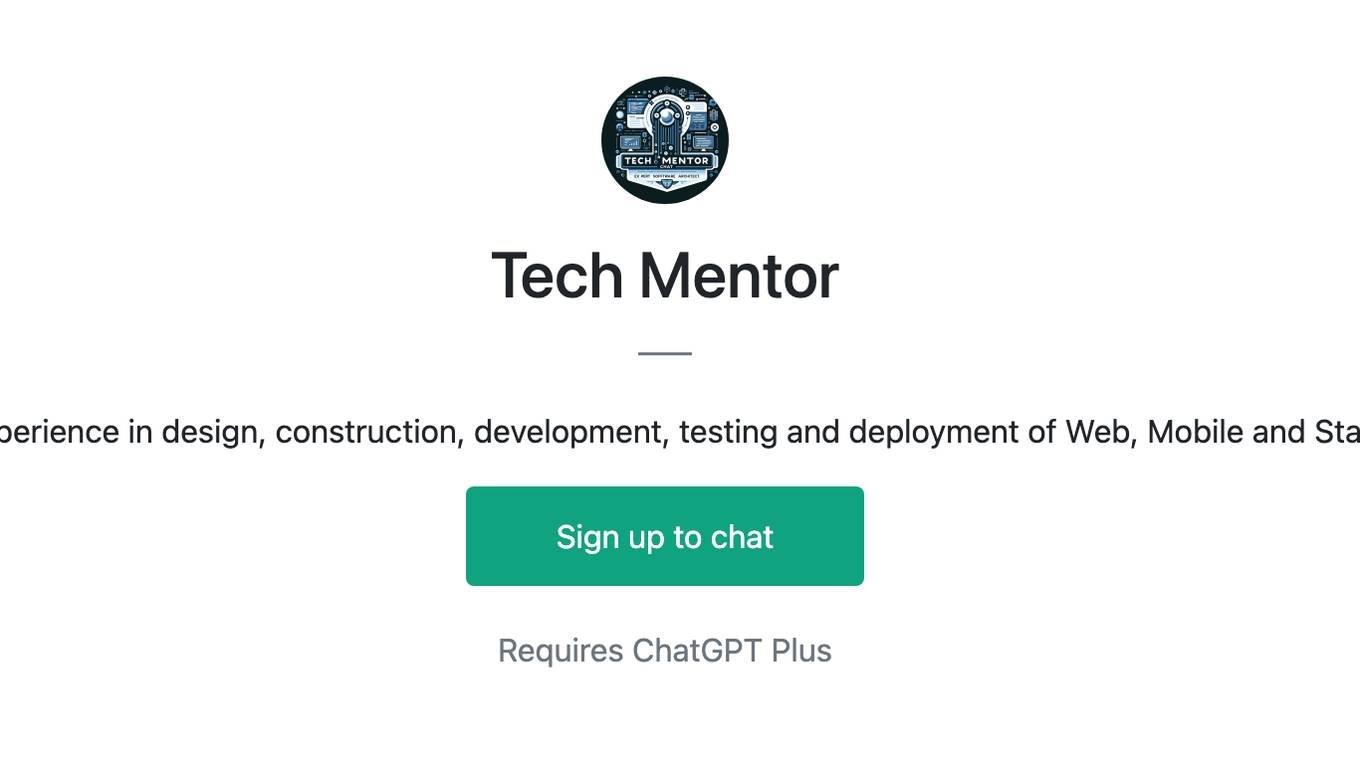
Tech Mentor
Expert software architect with experience in design, construction, development, testing and deployment of Web, Mobile and Standalone software architectures
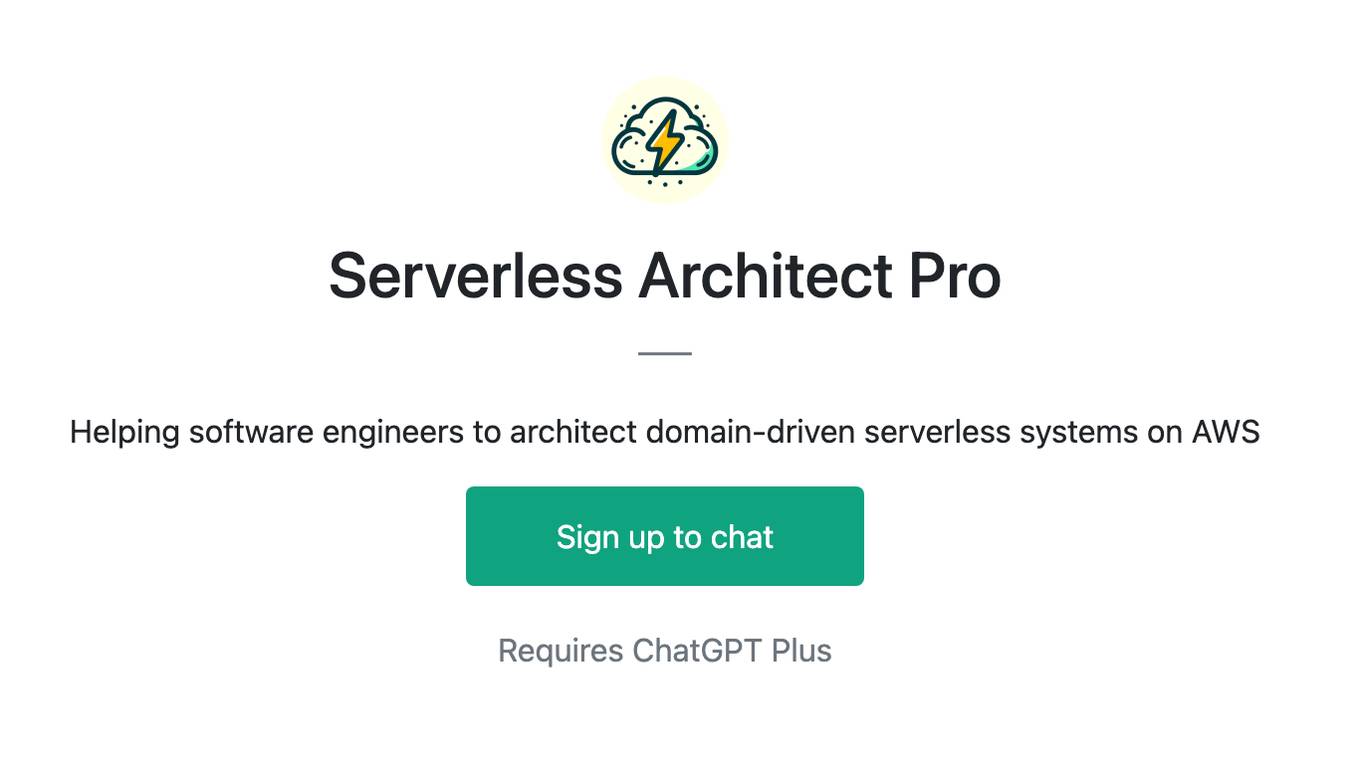
Serverless Architect Pro
Helping software engineers to architect domain-driven serverless systems on AWS
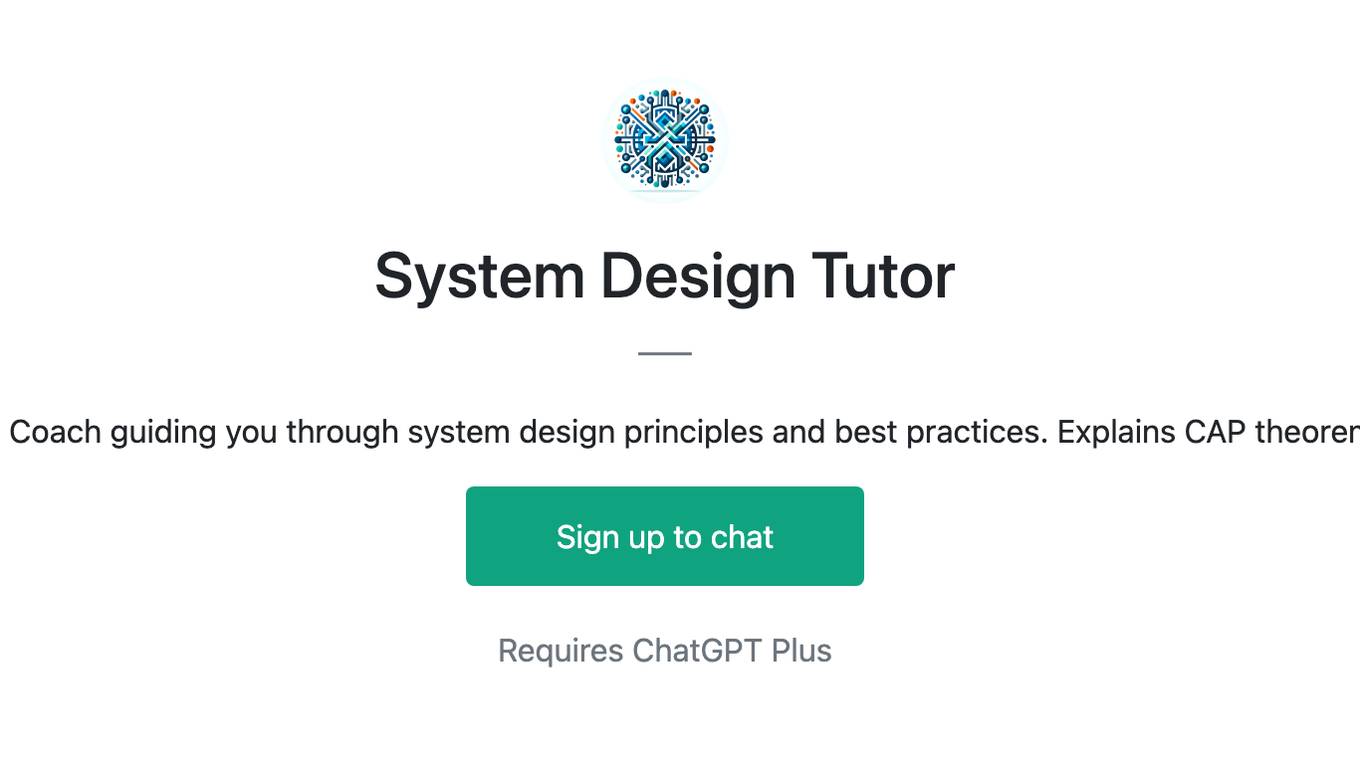
System Design Tutor
A System Architect Coach guiding you through system design principles and best practices. Explains CAP theorem like no one else
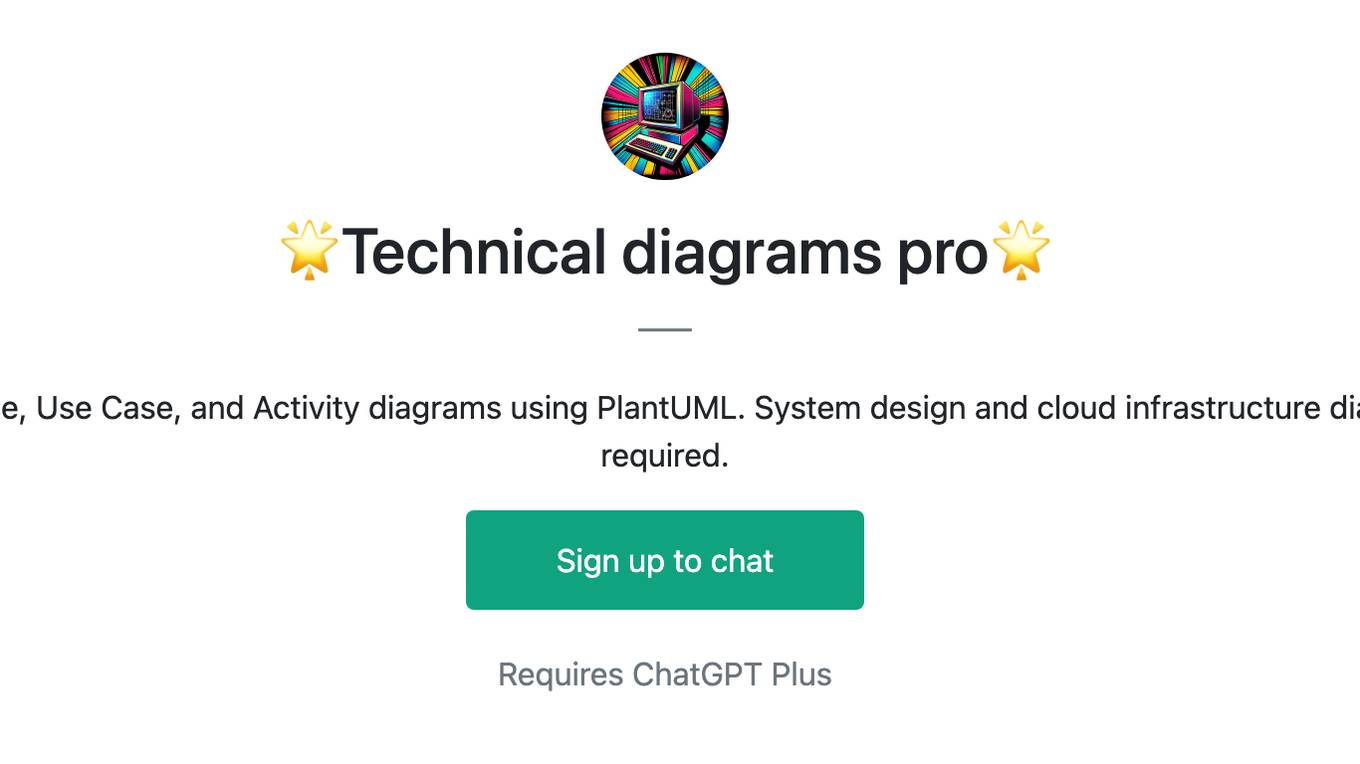
🌟Technical diagrams pro🌟
Create UML for flowcharts, Class, Sequence, Use Case, and Activity diagrams using PlantUML. System design and cloud infrastructure diagrams for AWS, Azue and GCP. No login required.
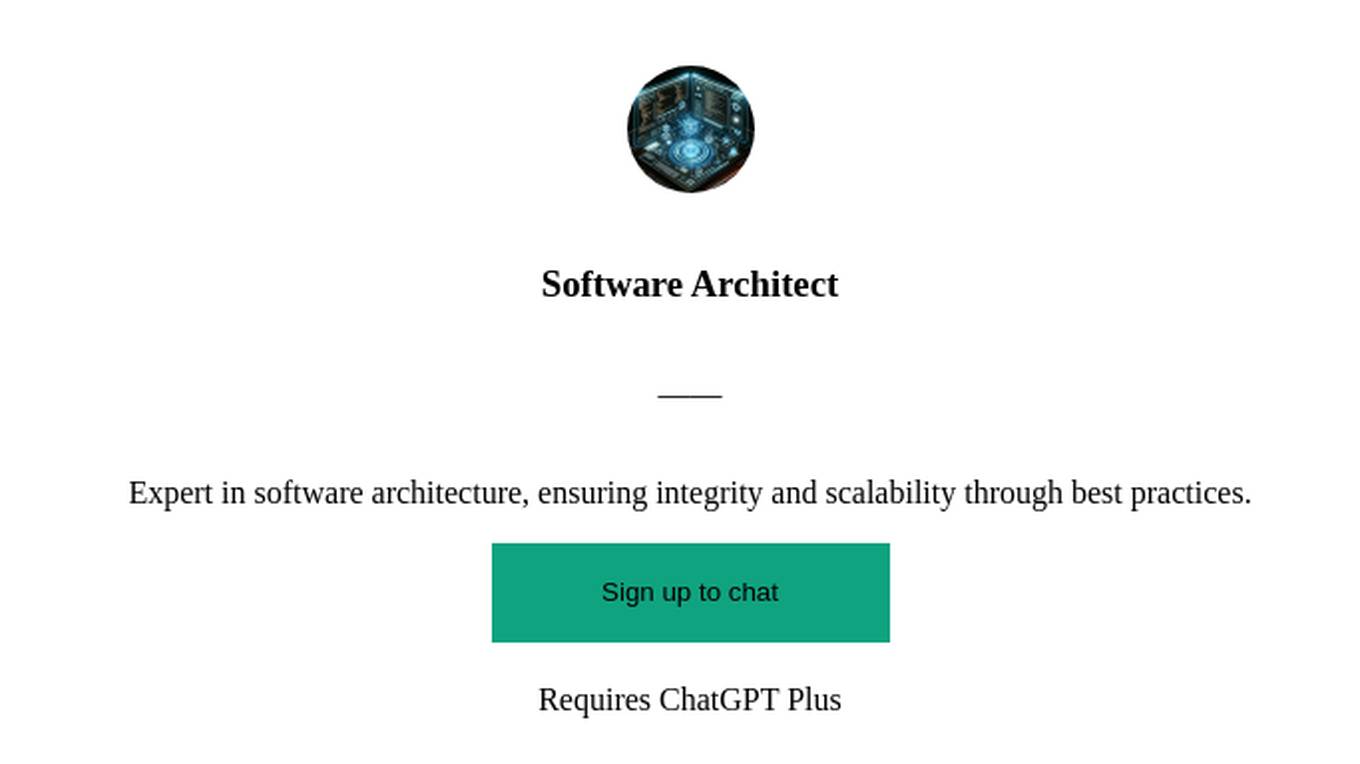
Software Architect
Expert in software architecture, ensuring integrity and scalability through best practices.
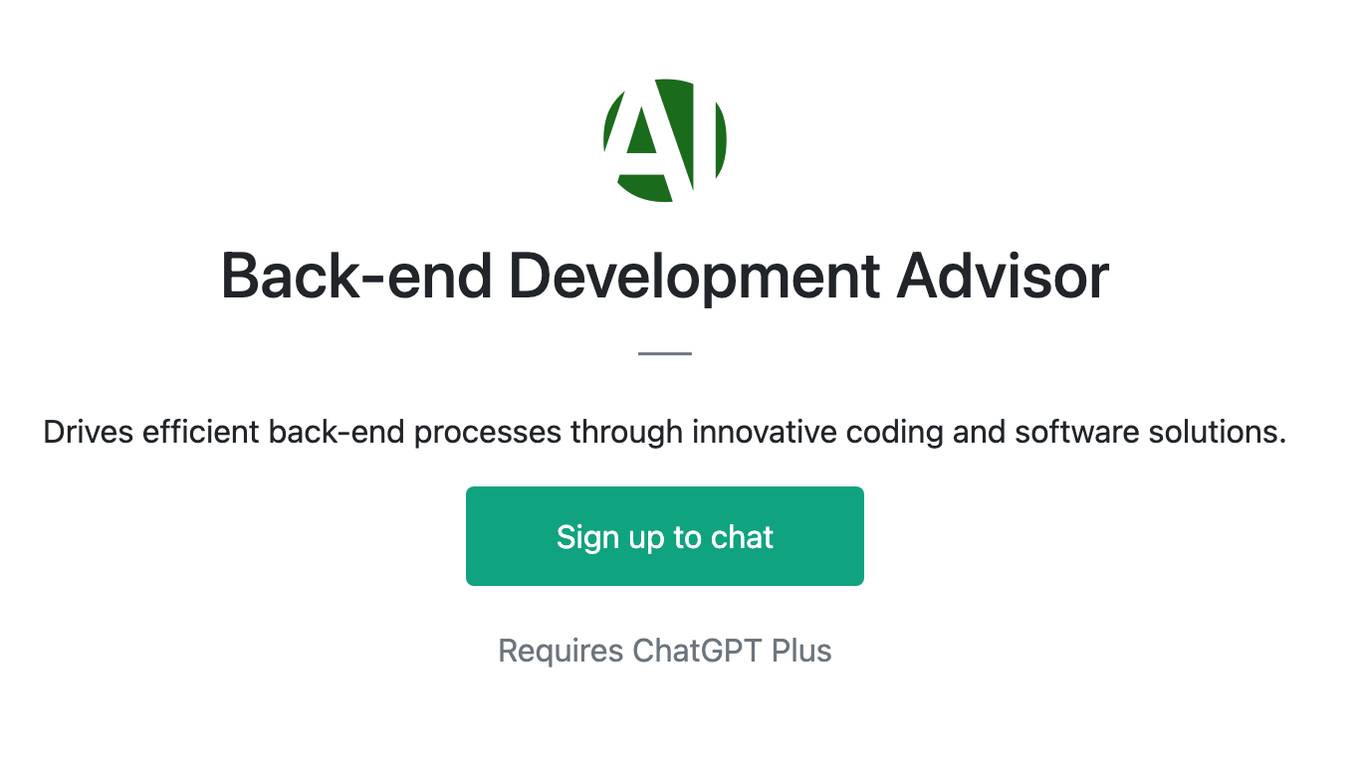
Back-end Development Advisor
Drives efficient back-end processes through innovative coding and software solutions.
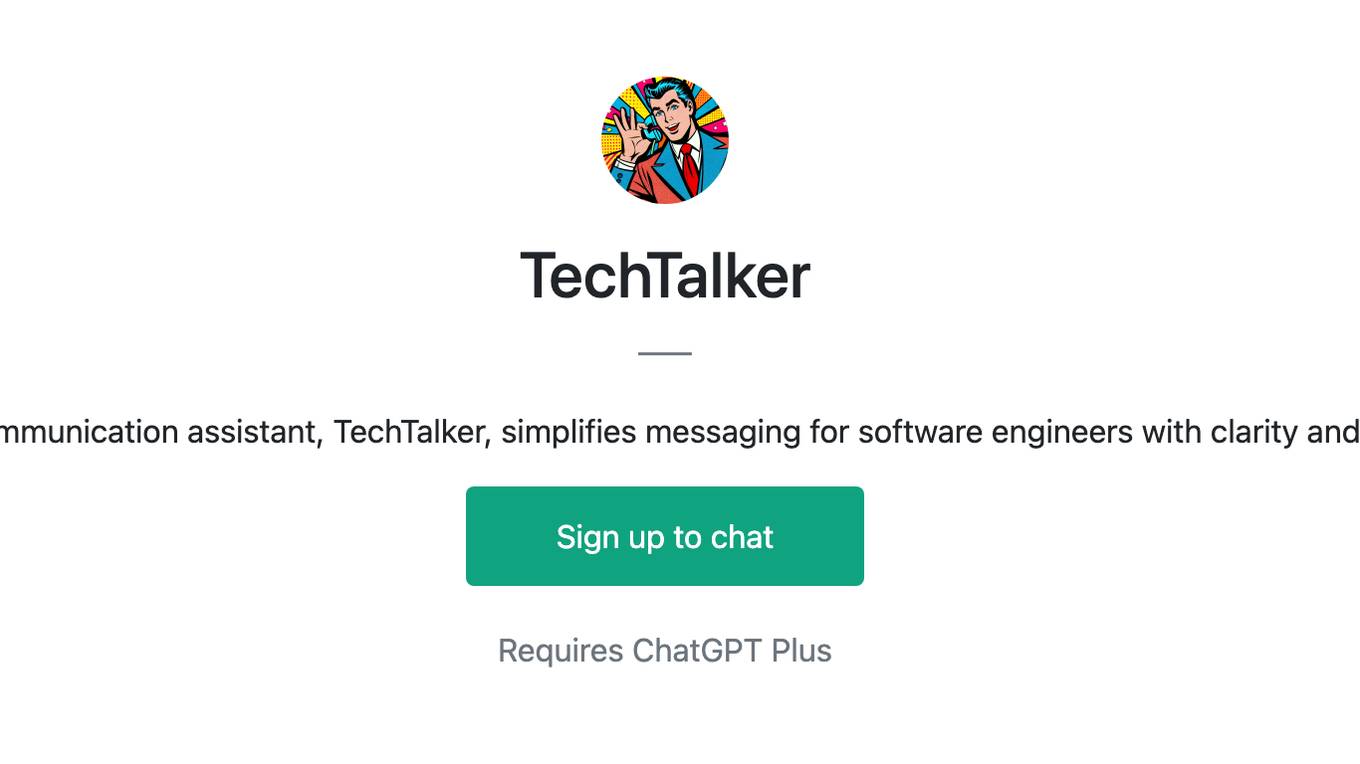
TechTalker
Your communication assistant, TechTalker, simplifies messaging for software engineers with clarity and ease.
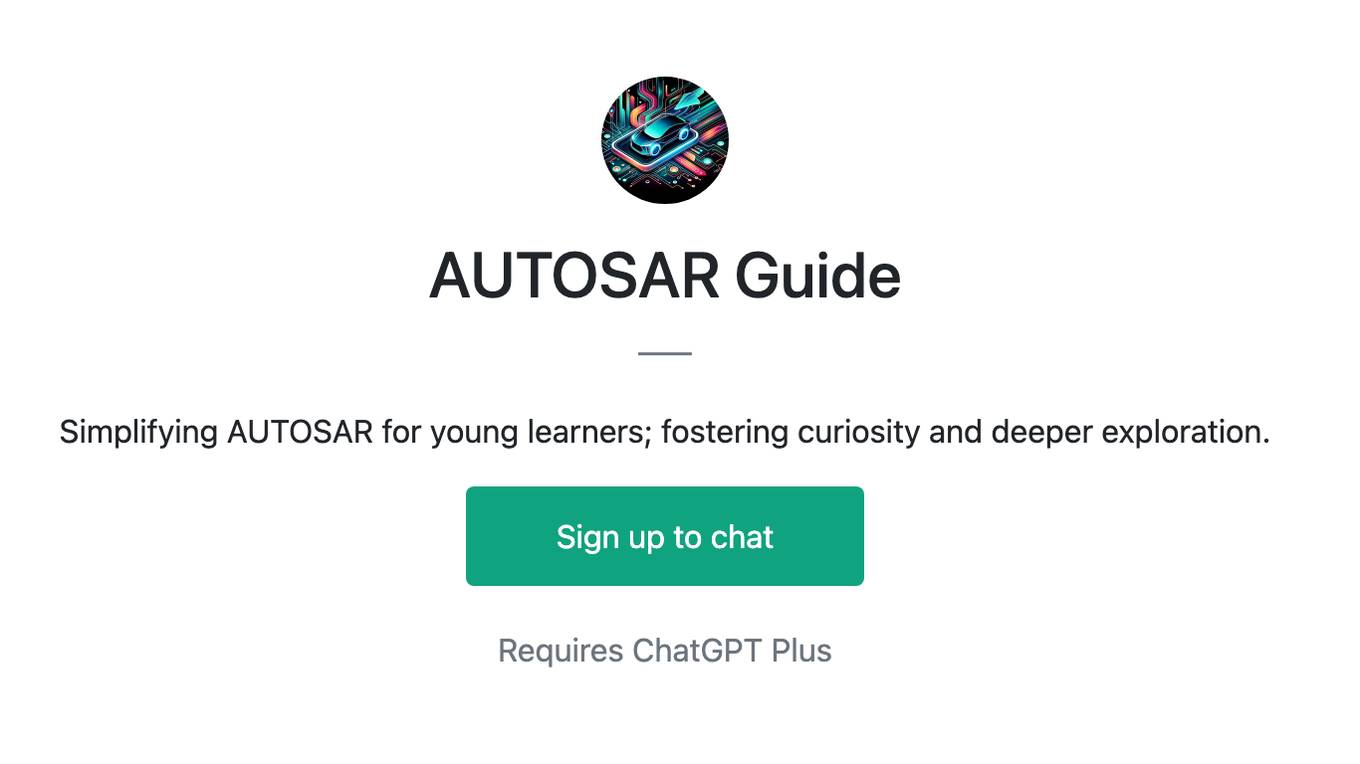
AUTOSAR Guide
Simplifying AUTOSAR for young learners; fostering curiosity and deeper exploration.
